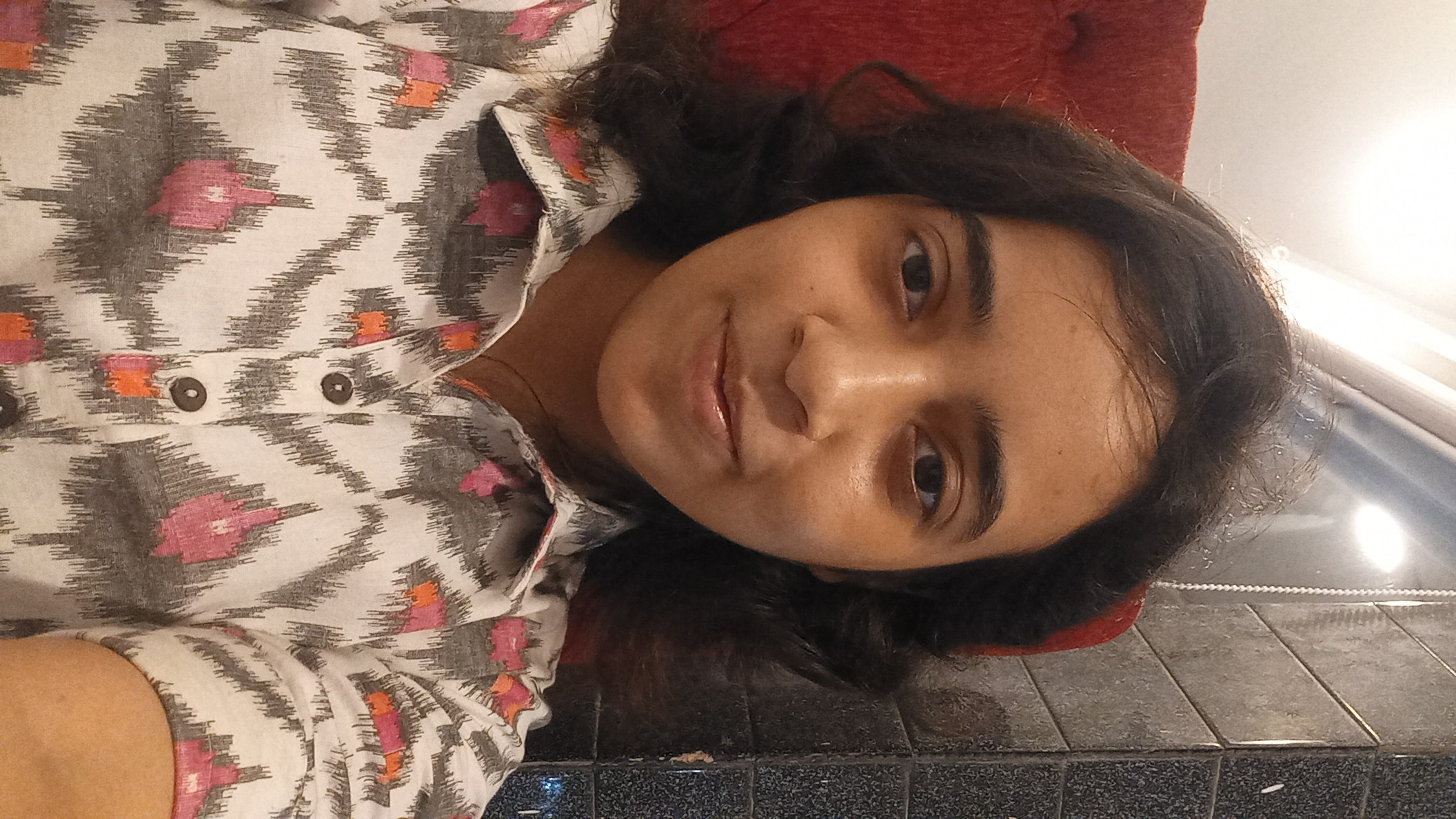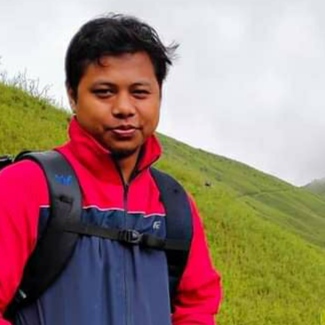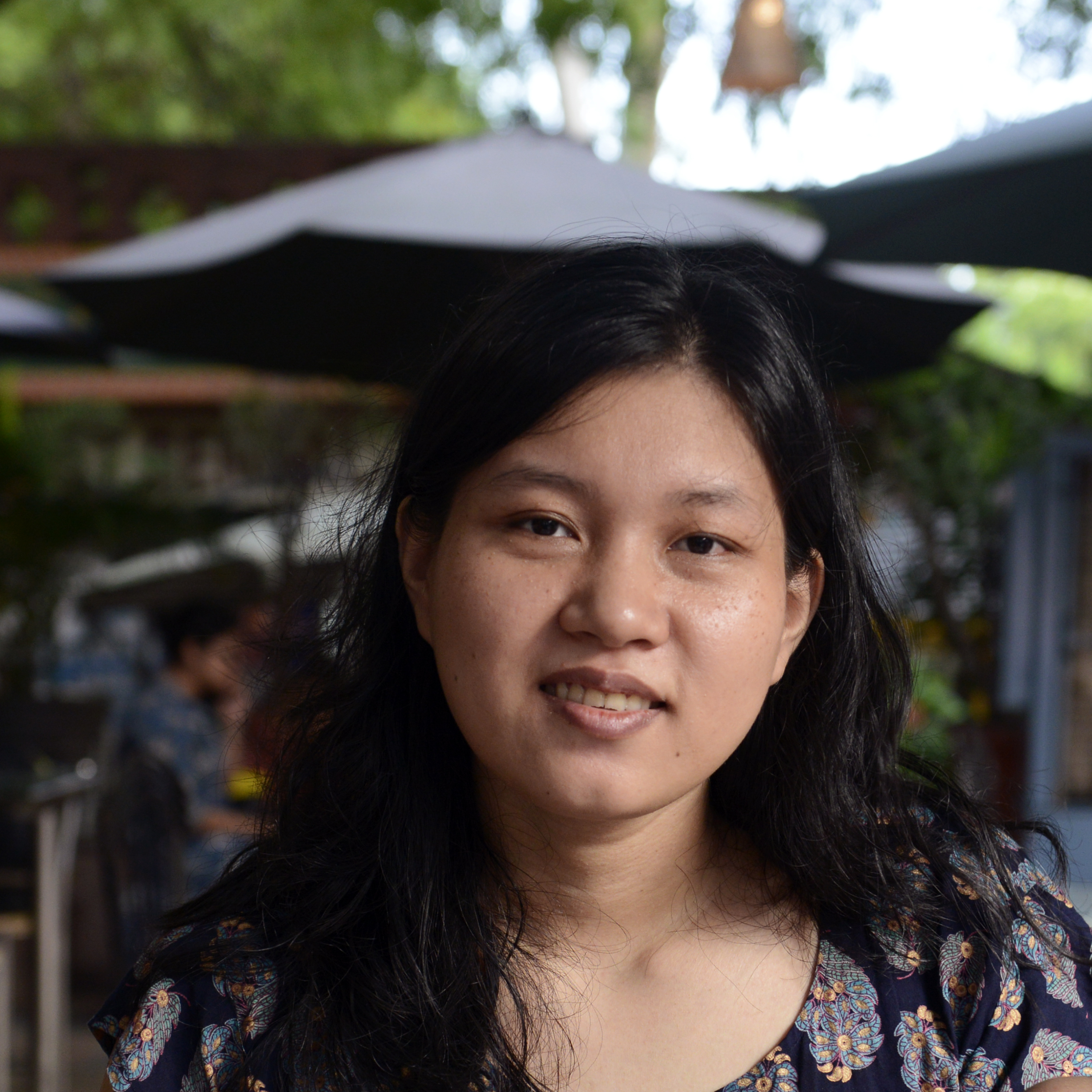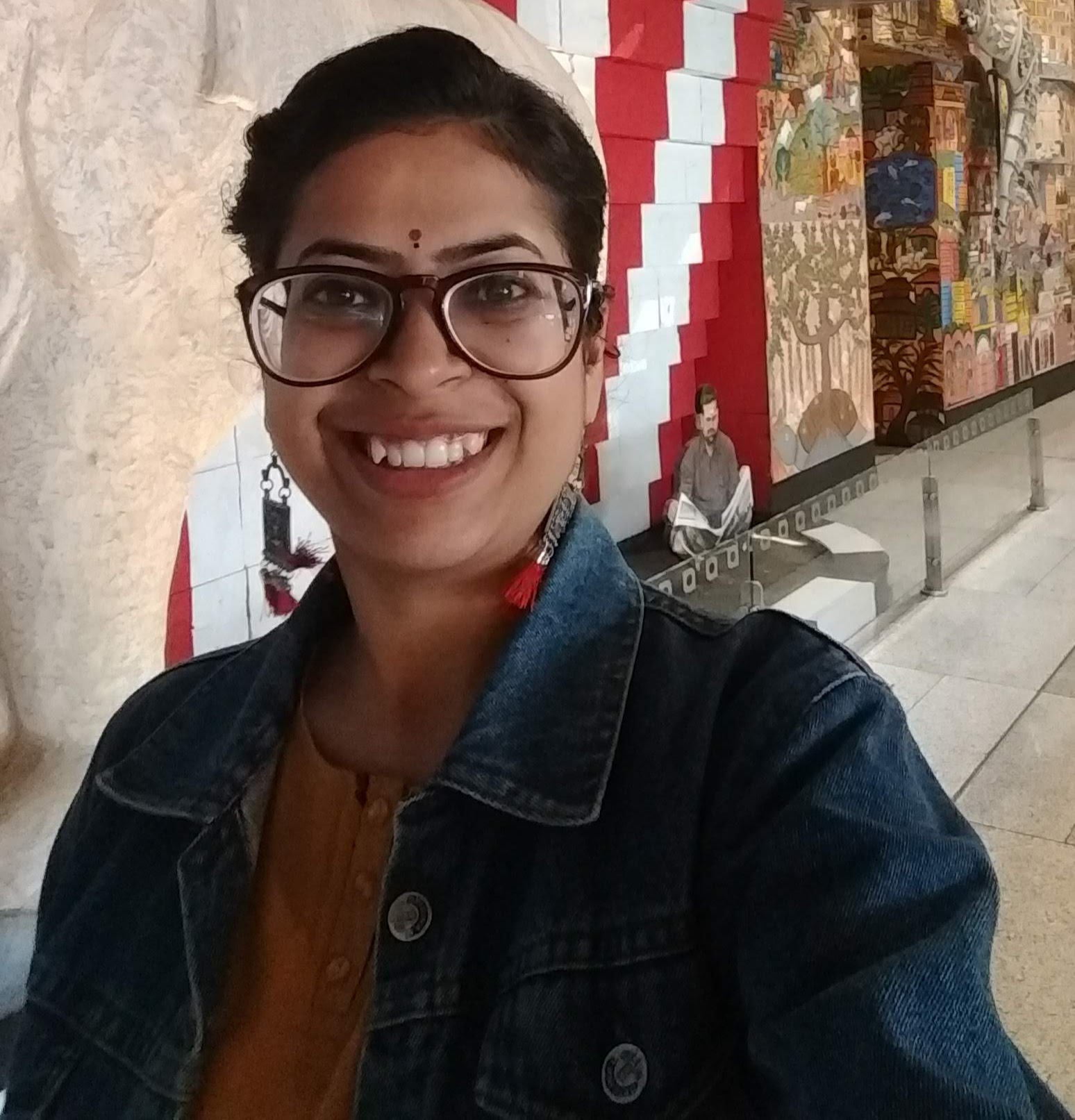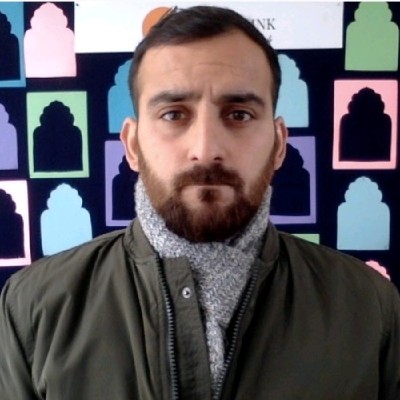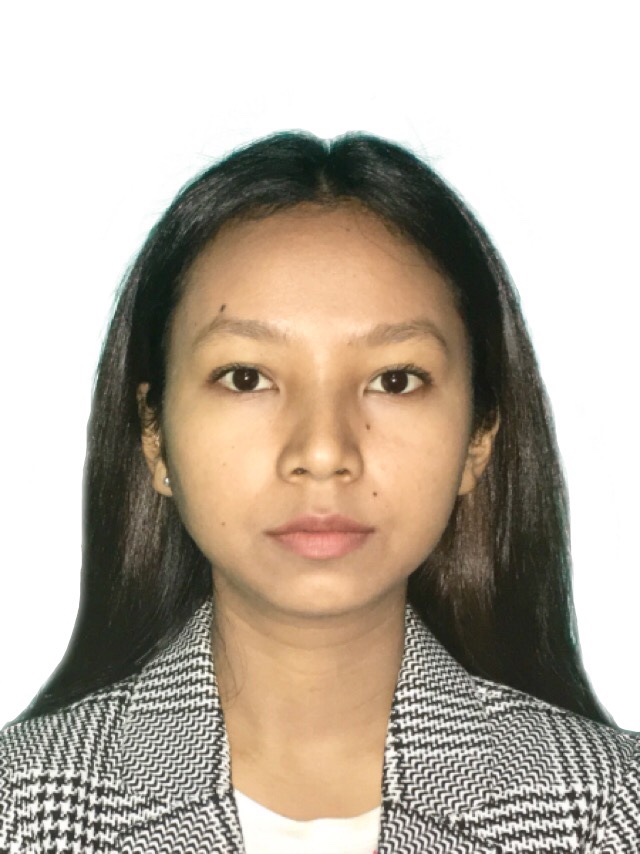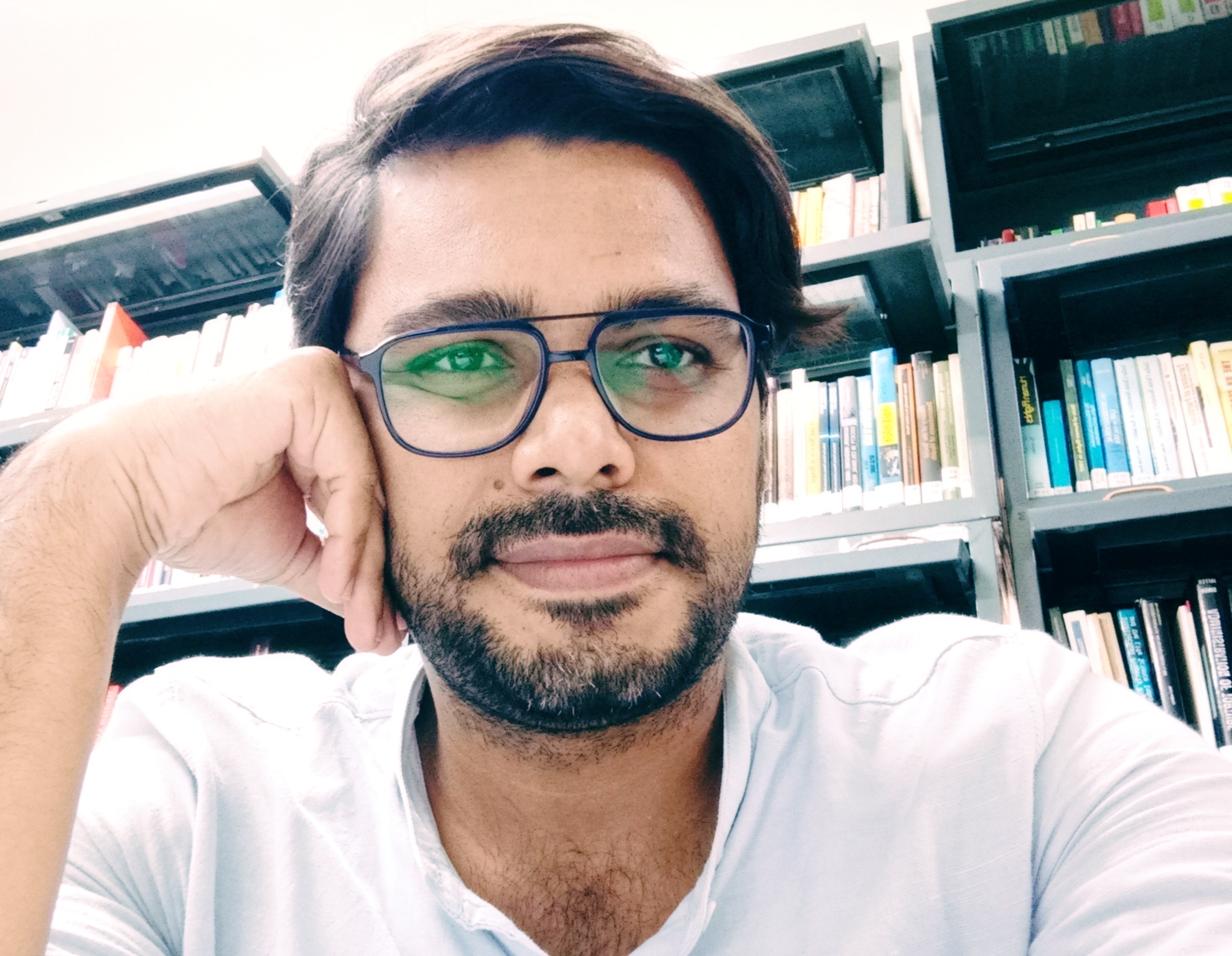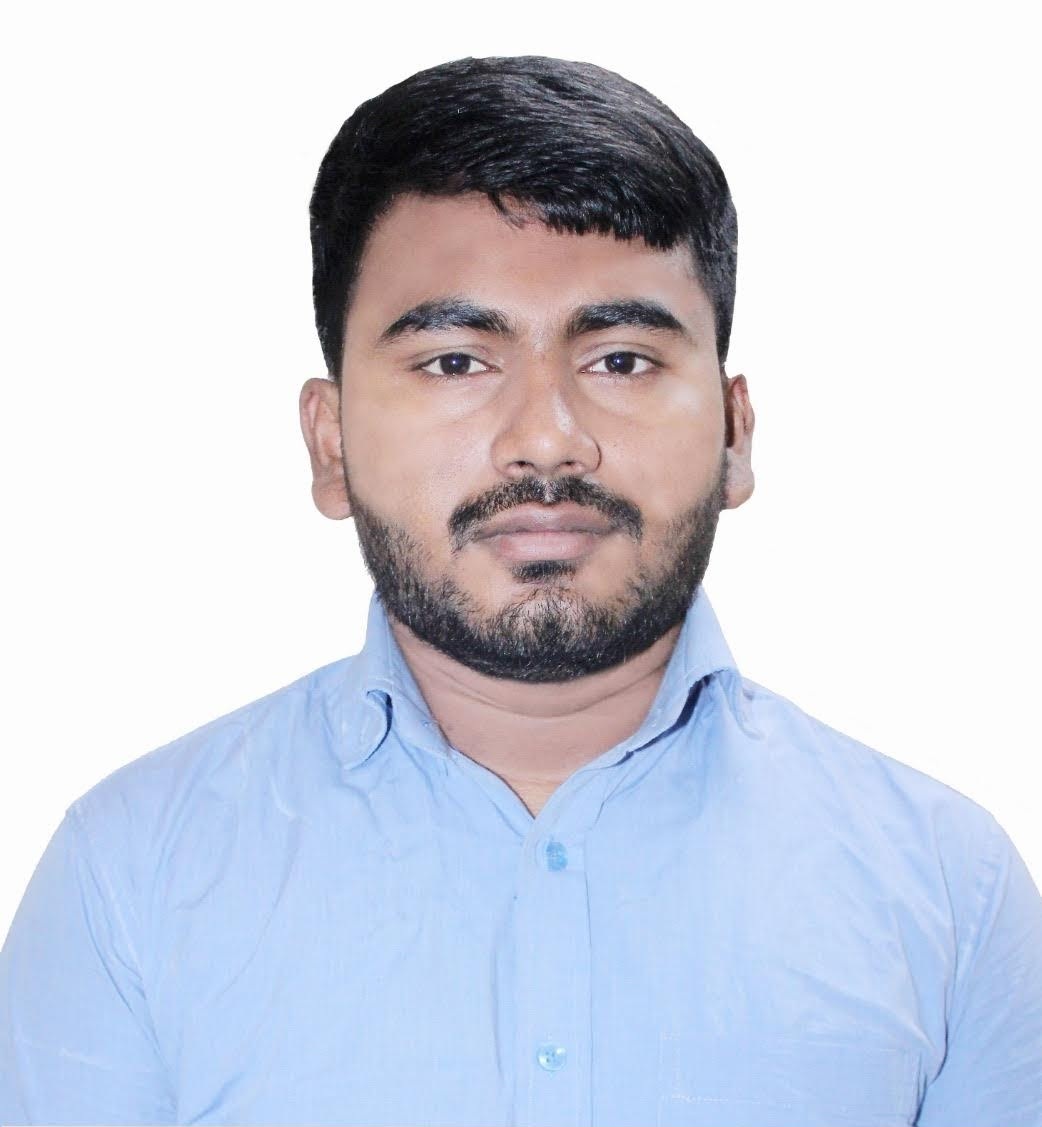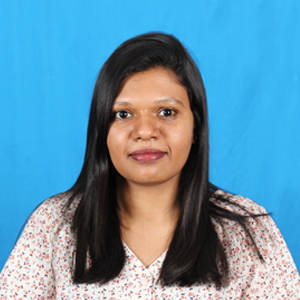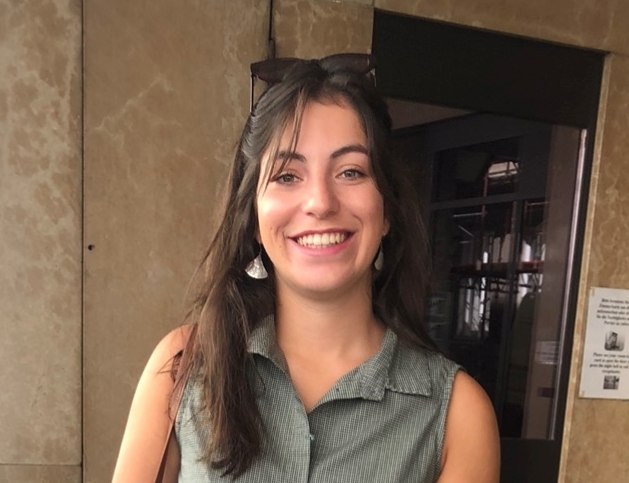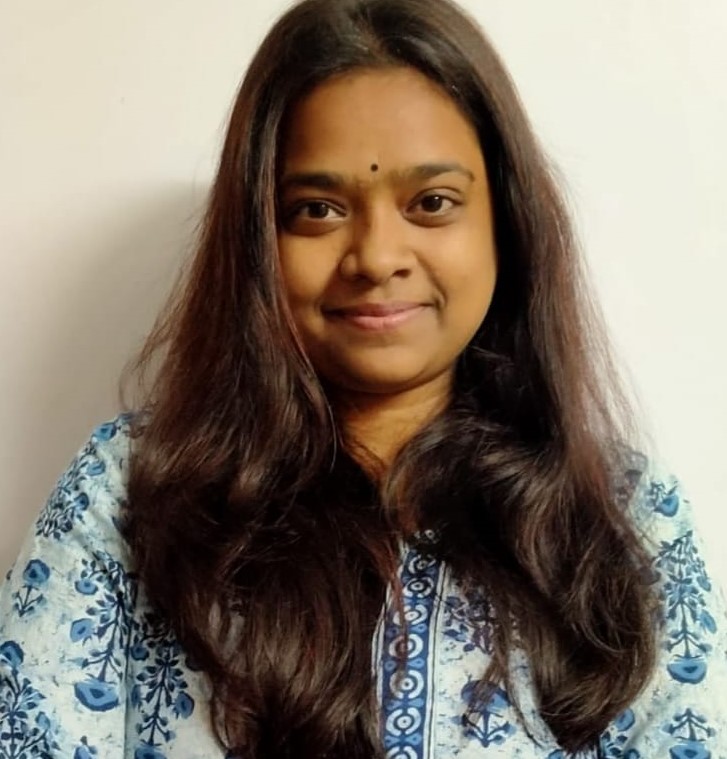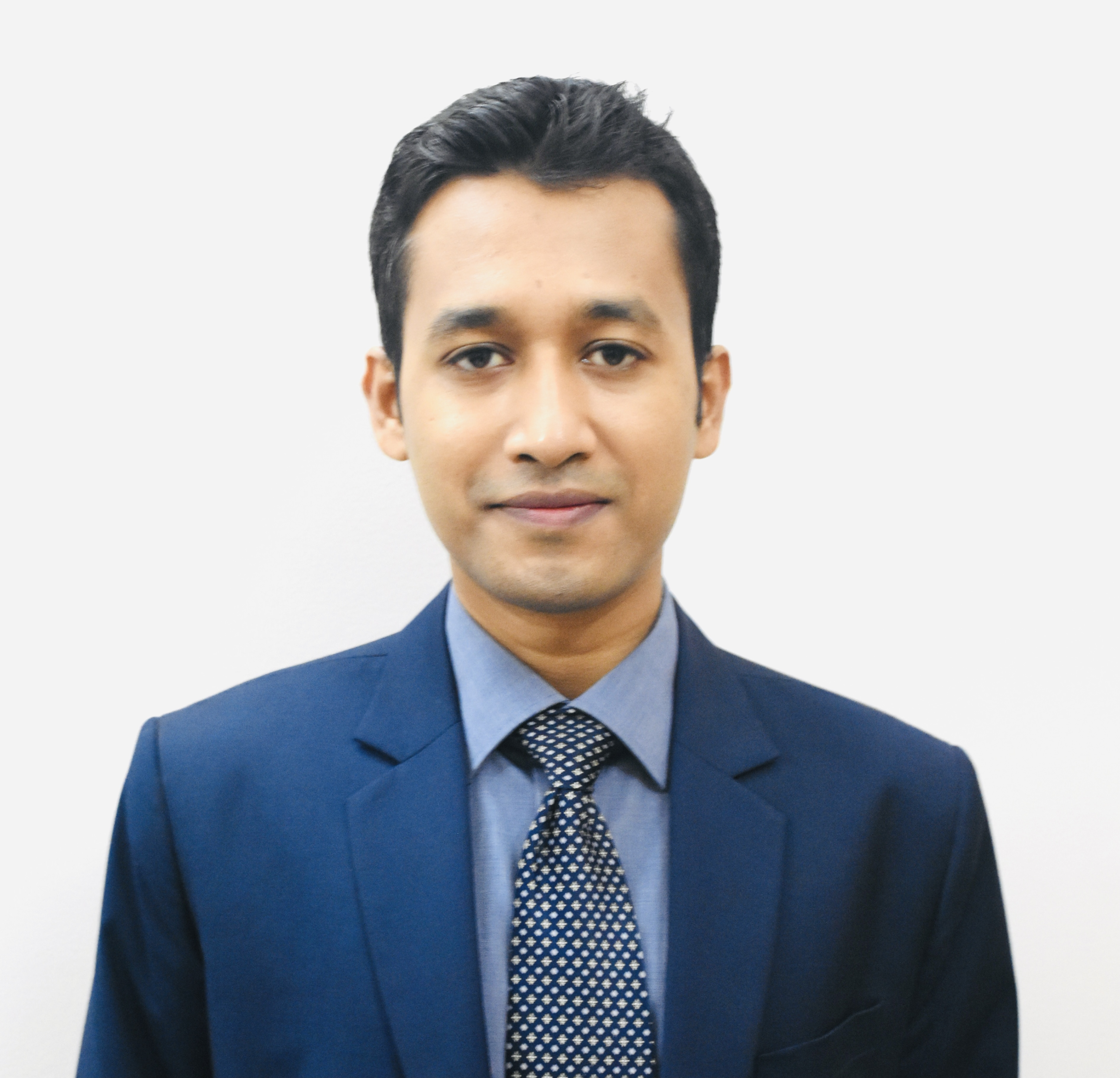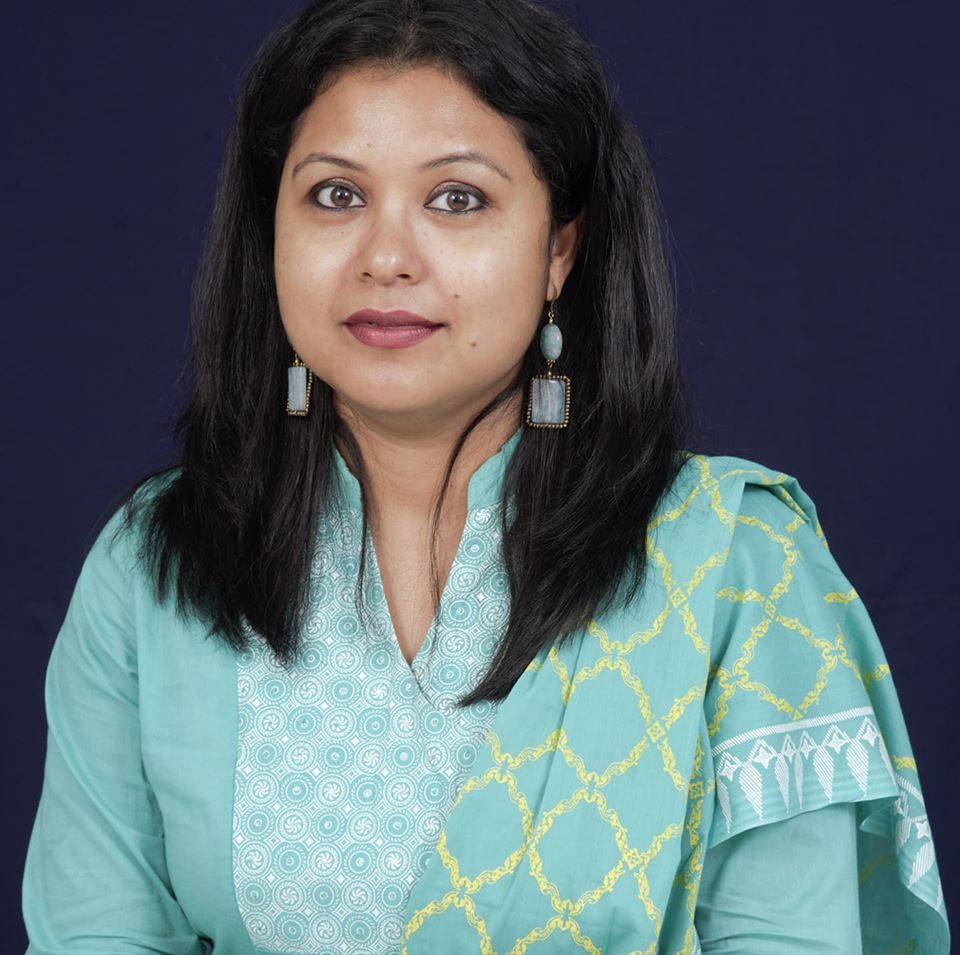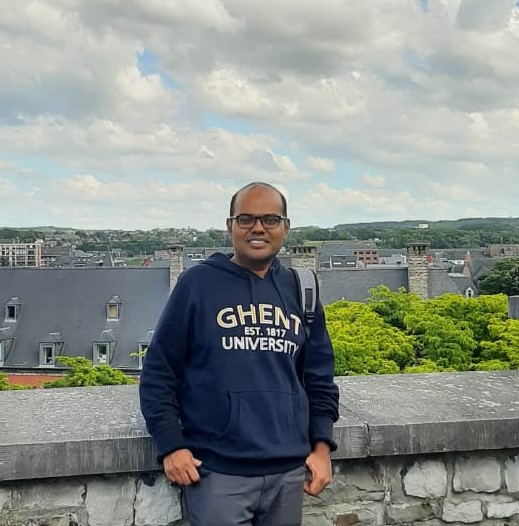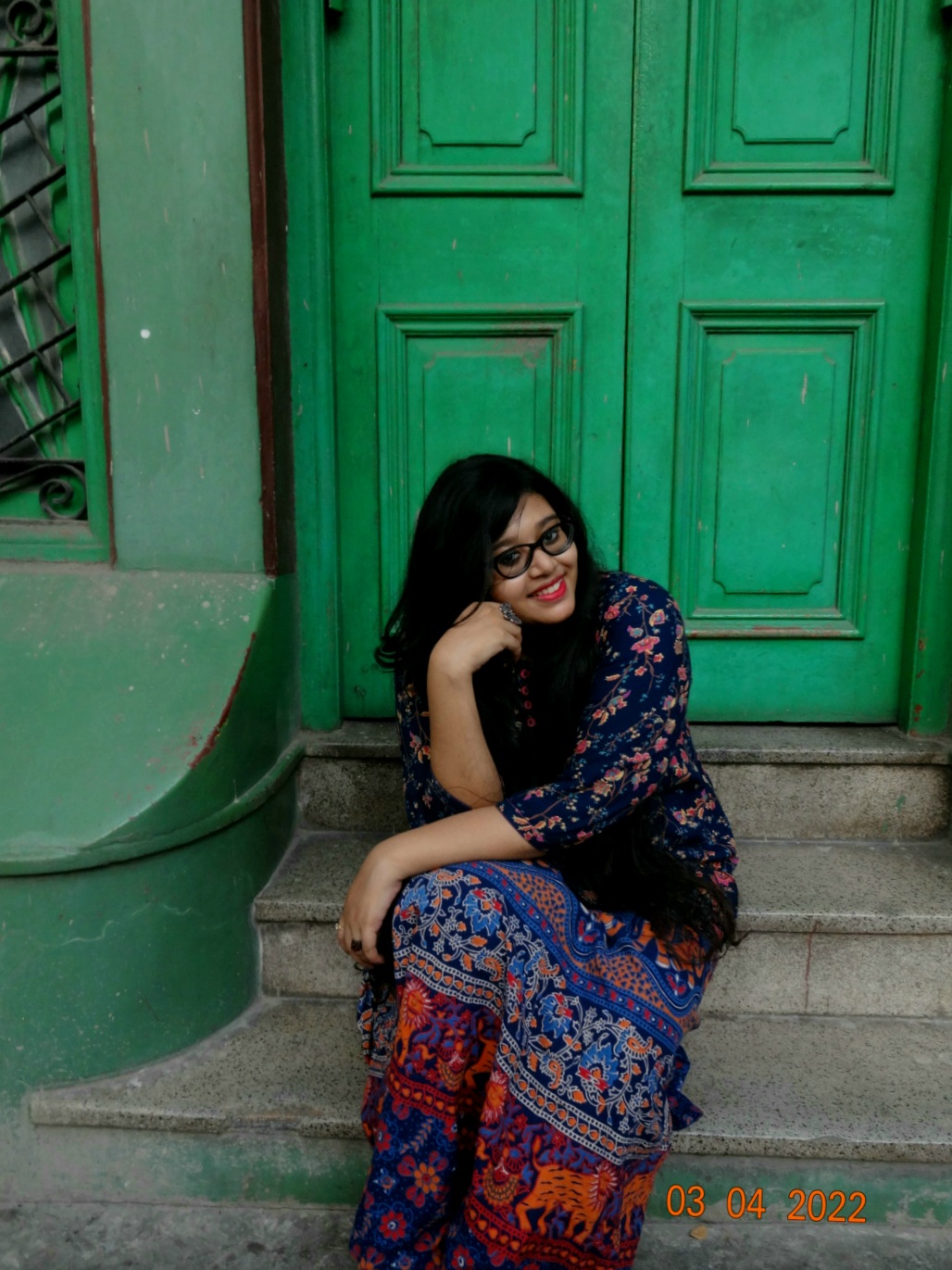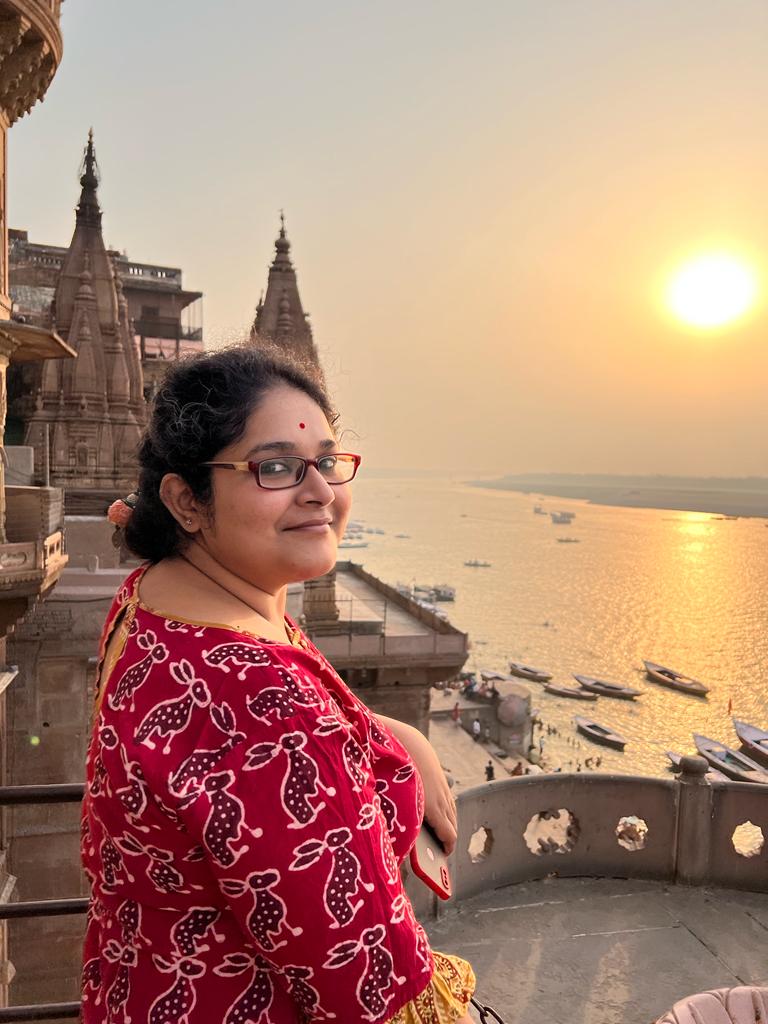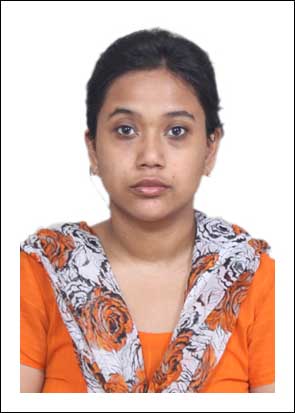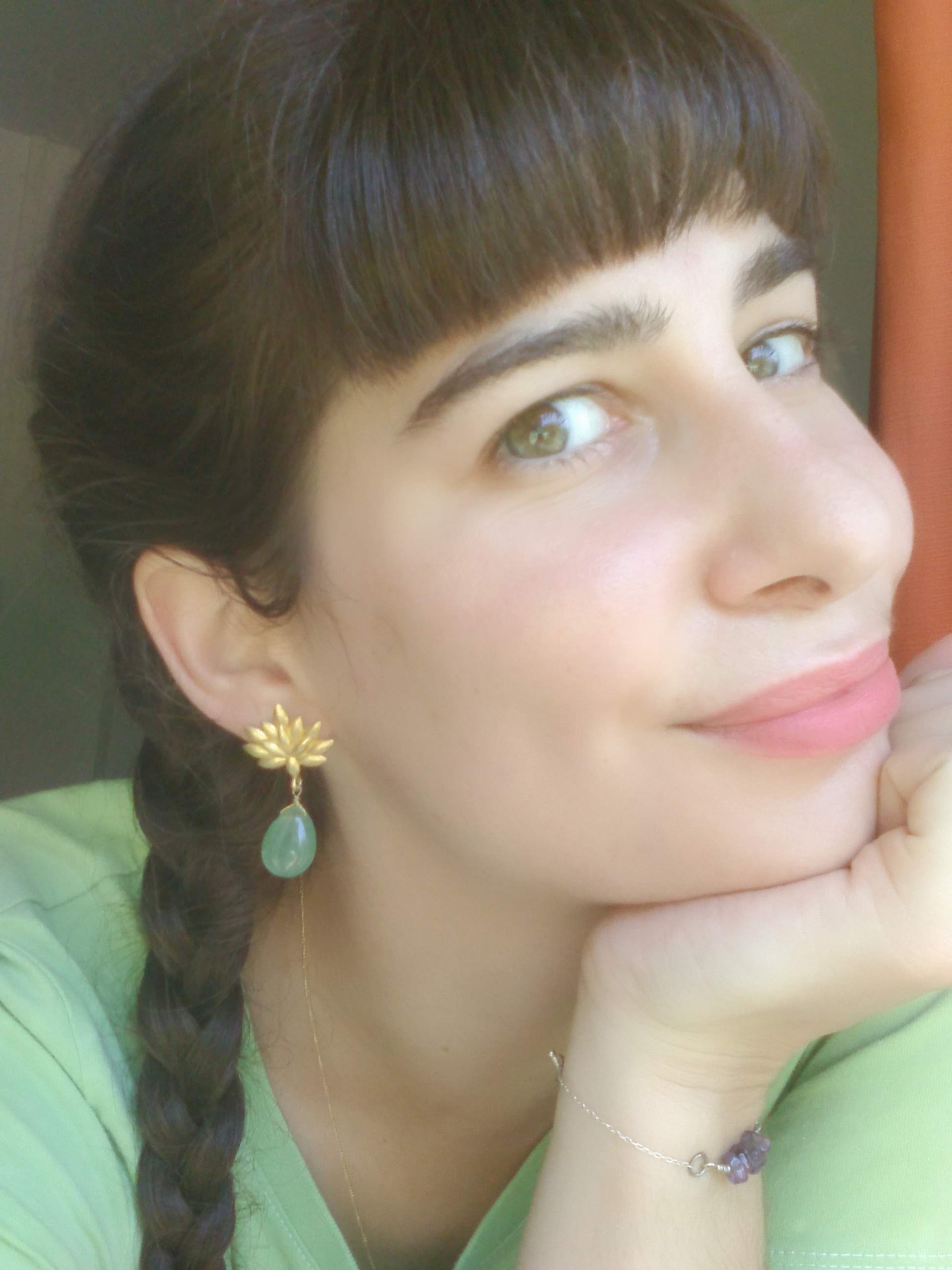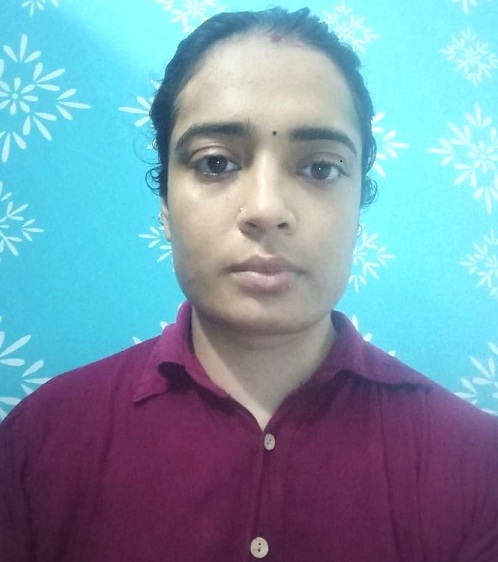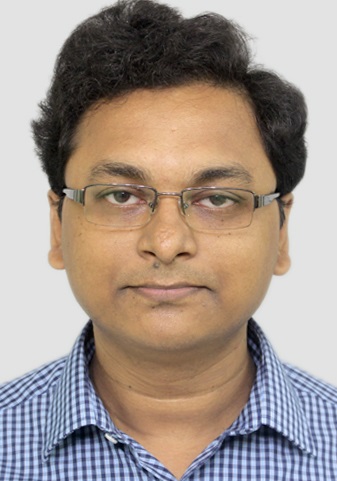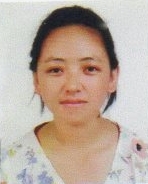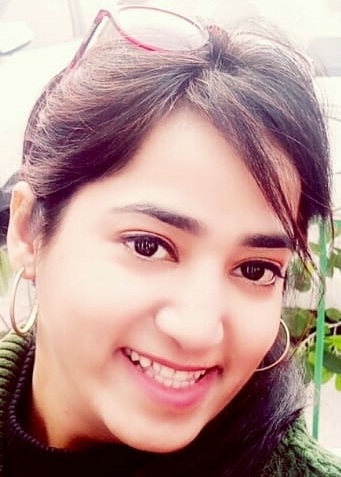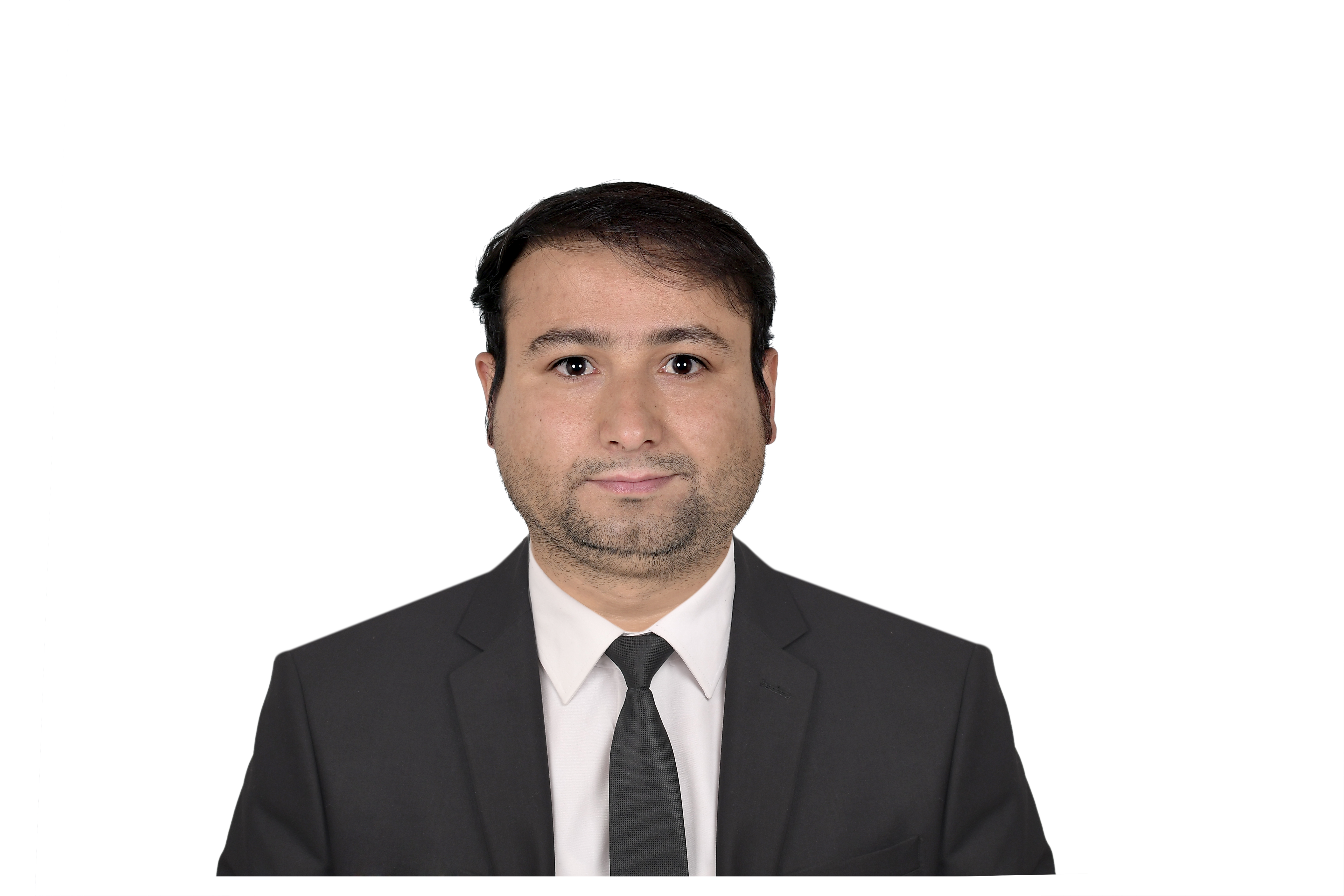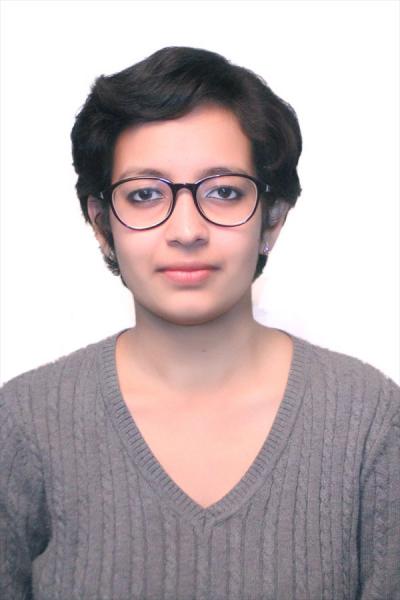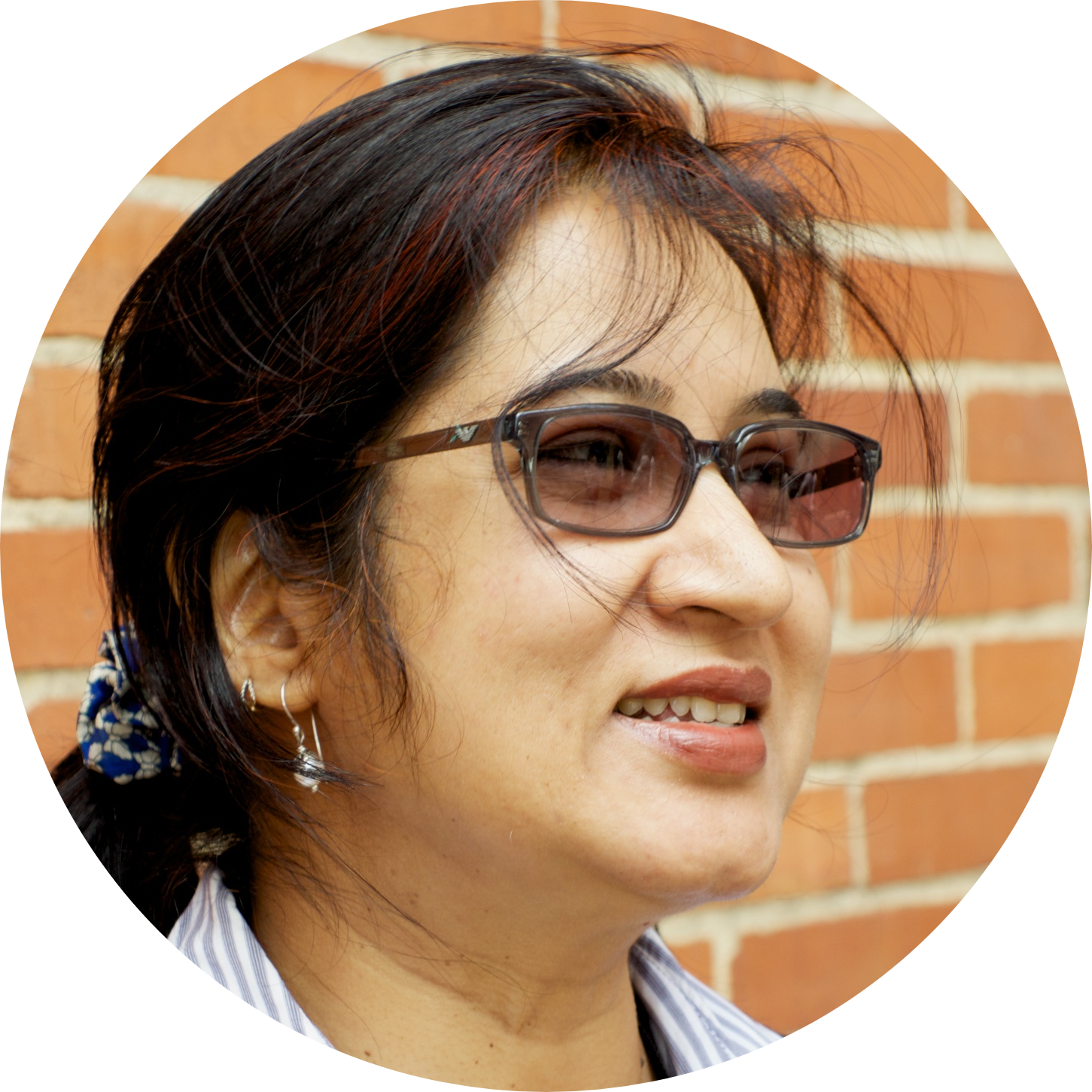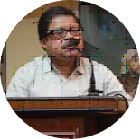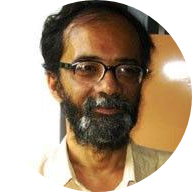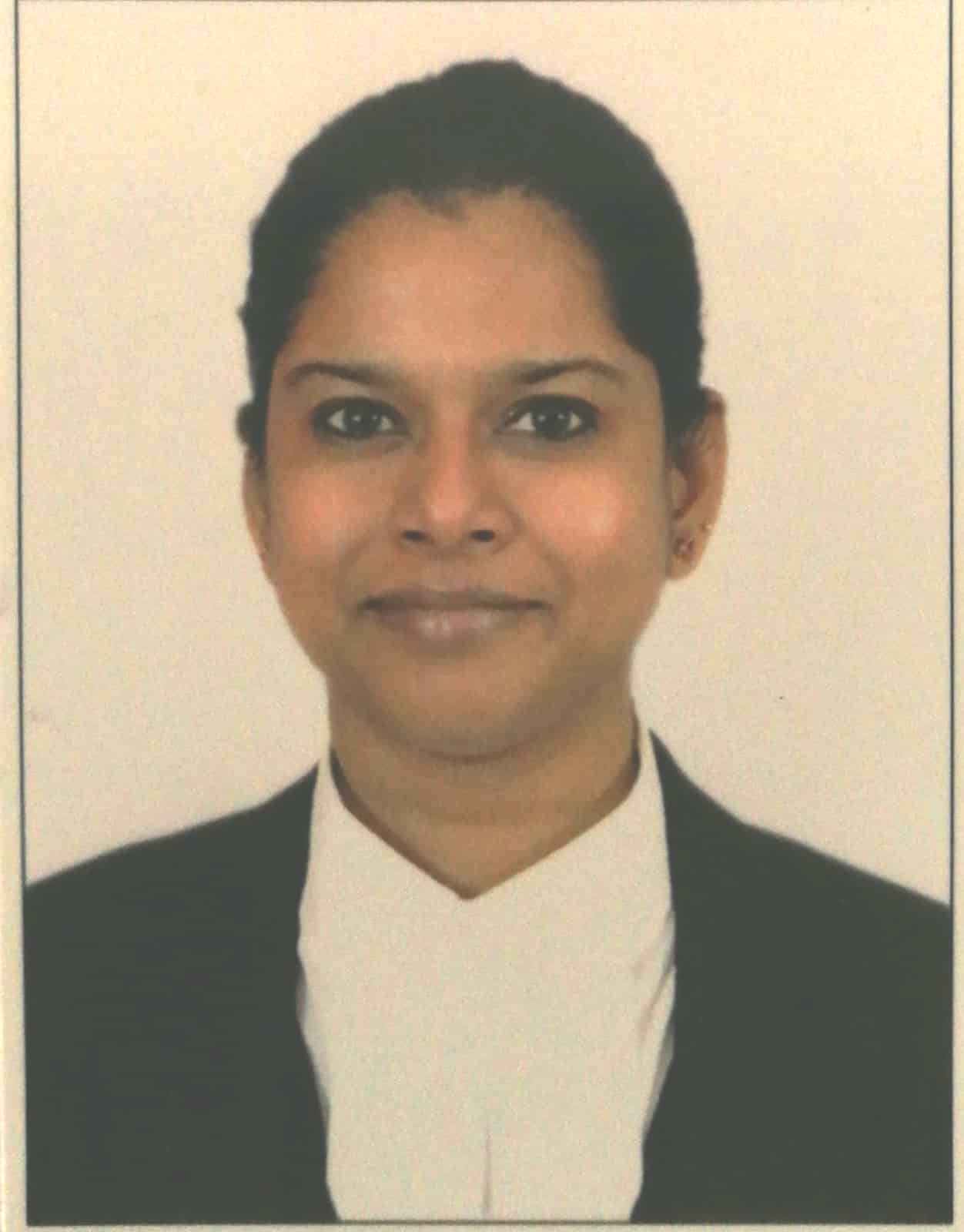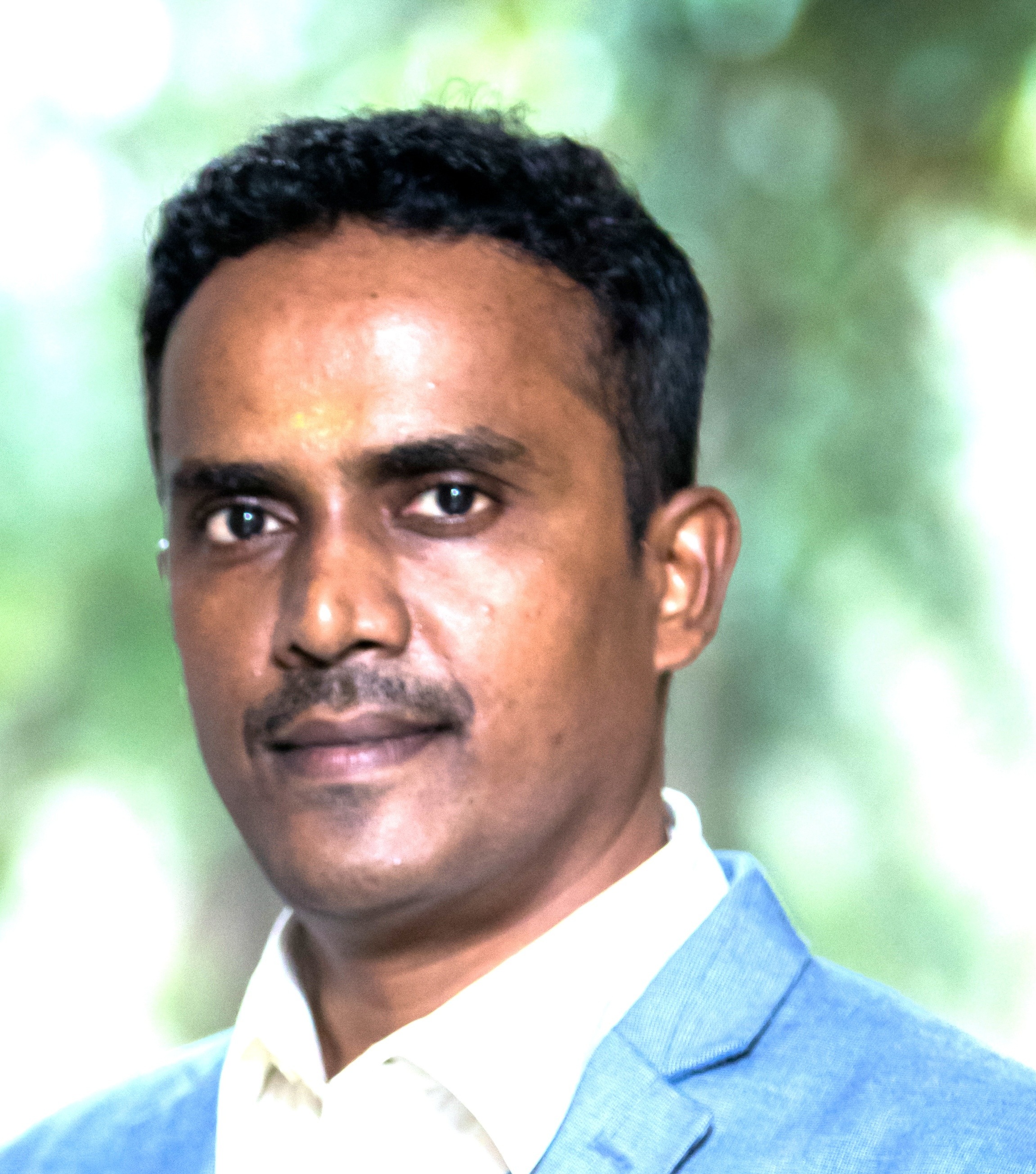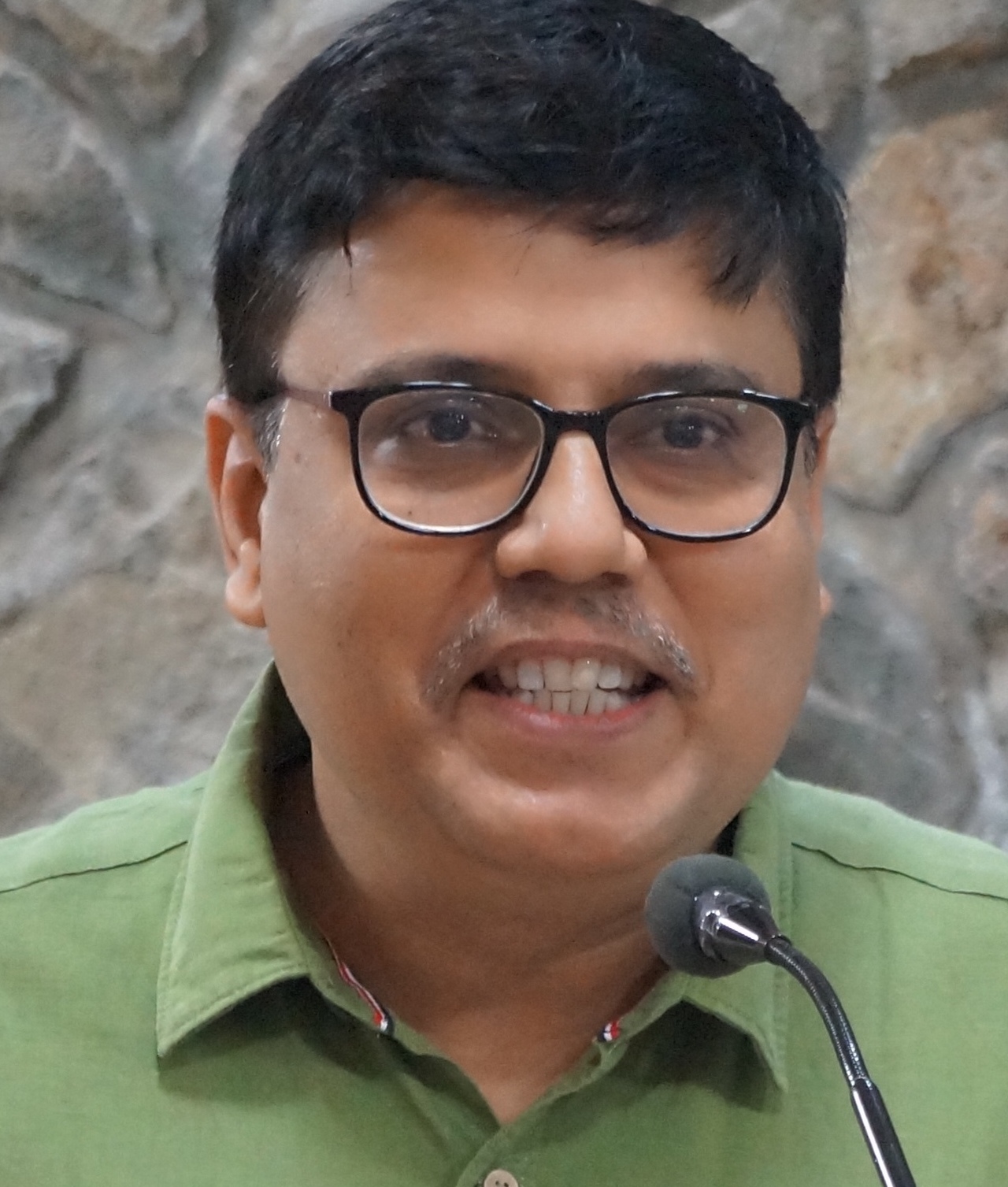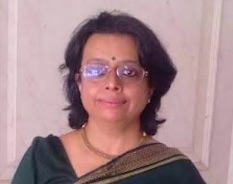| Serial No. |
Names & Details of the
Conference Participants |
Photo |
Abstract/
Full Paper |
|
1. |
Sevasti Trubeta,
Magdeburg-Stendal University of Applied Sciences, Germany
Bionote:
Sevasti Trubeta is a sociologist and professor for “Childhood and Migration” at the University for Applied Sciences Magdeburg-Stendal, in Germany. The focus of her research addresses the fields of borders, migration, refugees and minorities (especially Roma); eugenics, biopolitics, medicalisation and racism.
Her publications include the book Physical Anthropology, Race and Eugenics in Greece, 1880s-1970s (Brill Academic Publishers 2013), joint editorship (with Chr. Promitzer and P. Weindling) Medicalising Borders. Selection, Containment and Quarantine since 1800 (Manchester University Press 2021), and (with Chr. Promitzer and M. Turda) Hygiene, Health and Eugenics in Southeastern Europe to 1945 (CEU Press 2011).
Other publications include “Vaccination and the Refugee Camp: Exercising the free Choice of Vaccination from an Abject Position in Germany and Greece”, Journal of Ethnic and Migration Studies (2018); “‘Rights’ in the Grey Area: Undocumented Border Crossers on Lesvos”, Race & Class (2015).
|
 |
Abstract
Full Paper |
|
2. |
Jonathan S. Parhusip,
National Chiao Tung University, Taiwan
Bionote:
Jonathan S. Parhusip is a Ph.D. Student at the
Institute of Social Research and Cultural Studies, National Yang Ming
Chiao Tung University, Taiwan. His Ph.D. research explores the
employment practices of Southeast Asian migrant fishers onboard
Taiwanese fishing vessels, migrant solidarity, ethnography of fishing
ports, labor rights activism, and logistical chain of Indonesia-Taiwan
migration industry. His recent article titled “The making of freedom and
common forms of struggle of runaway in Taiwan (SAQ, 2021). He is also
actively advocating the rights of migrant fishers in Taiwanese fishing
ports, working closely with self-organized migrant groups and NGOs. |
 |
Abstract
Full Paper |
|
3. |
Joyce C.H. Liu,
National Chiao Tung University, Taiwan
Bionote:
Joyce C.H. Liu, Professor of Critical Theory and Inter-Asia Cultural Studies and Director of the International Center for Cultural Studies, National Yang Ming Chiao Tung University, Taiwan. Her research focuses on geopolitics, biopolitics, border politics, internal coloniality, unequal citizens, and epistemic/artistic decolonization. She coordinates interdisciplinary teams in Northeast Asia, Southeast Asia, South Asia, Australia, and Europe on two joint research projects: "Conflict, Justice, Decolonization: Critical Inter-Asia Cultural Studies" (2018-2022, 2023-2027), the Ministry of Education, Taiwan, and "Migration, Logistics, and Unequal Citizens in the Global Context" (2019-2022), CHCI-Mellon Foundation |
 |
Abstract
Full Paper |
|
4. |
Ajeet Kumar Pankaj,
Assistant Professor in Department of Social Work, Indira Gandhi National Tribal University, Regional Campus Manipur, India
Bionote:
Ajeet Kumar Pankaj is Assistant Professor in Department of Social Work, Indira Gandhi National Tribal University, Regional Campus Manipur, India. His research interests cover Caste, Migration, Exclusion, Social Policy and Community Development. He has published several articles in national and international journals. He is also Co-project Investigator and Collaborated with two Universities (TISS, Mumbai and Kashmir University) in India for a joint research project entitled “Migrant Workers and Urbanization in Politically Sensitive Area: A Study in Kashmir & Manipur” funded by ICSSR, New Delhi, India. |
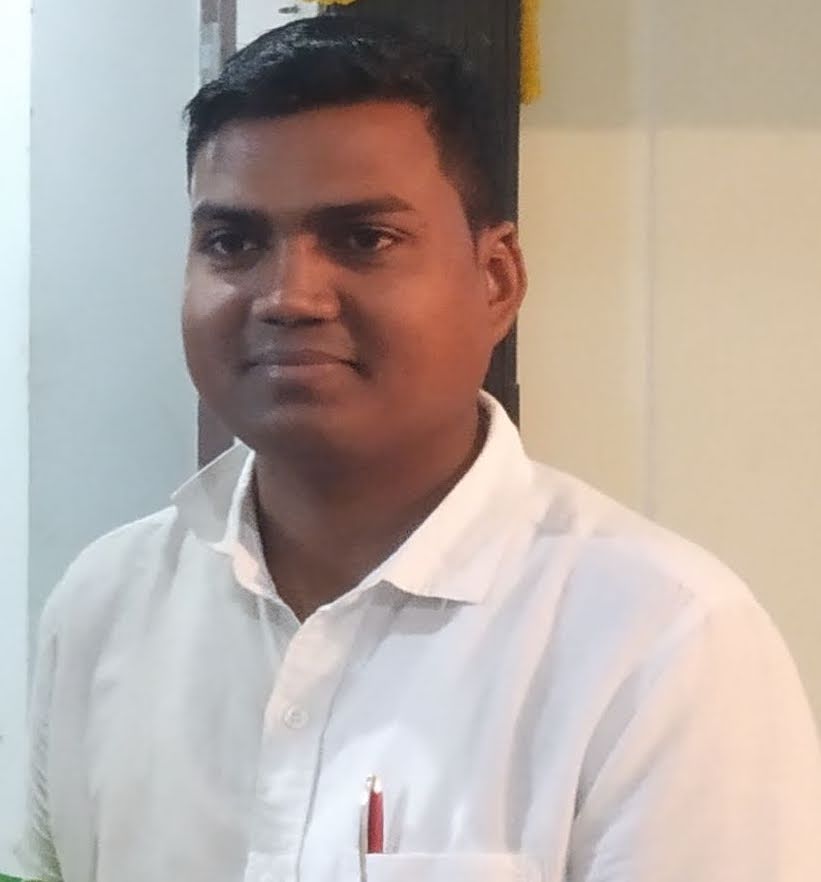 |
Abstract
Full Paper |
|
5. |
Saima Farhad,
Assistant Professor in Social Work at University of Kashmir
Bionote:
Saima Farhad is an Assistant Professor in Social Work at University of Kashmir. Her research interests include issues of elderly care, season migrants, incarceration, etc. |
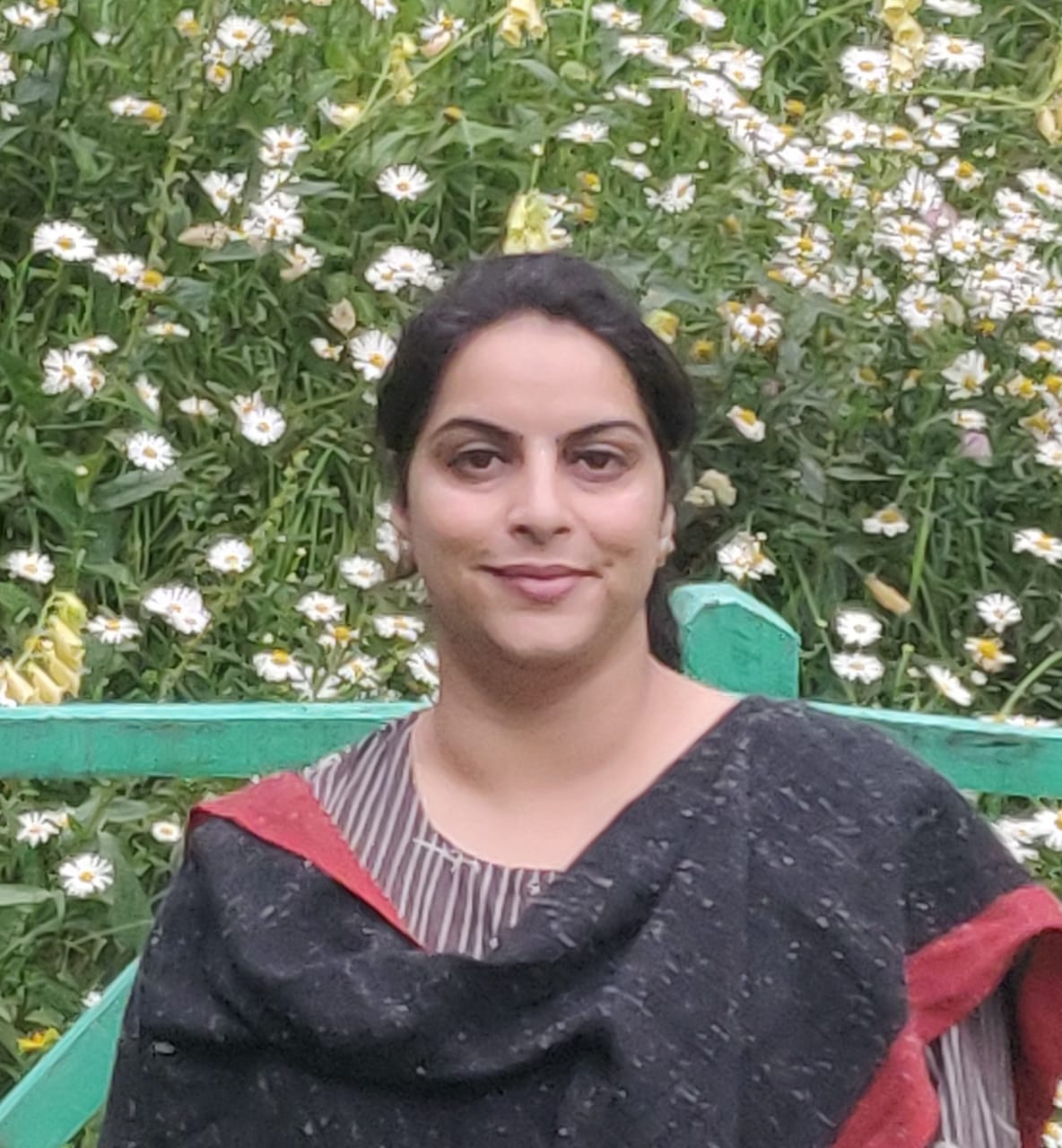 |
Abstract
Full Paper |
|
6. |
M. Ibrahim Wani,
Assistant Professor at University of Kashmir
Bionote:
M. Ibrahim Wani is an Assistant Professor at University of Kashmir. His research interests include media, migration and middle classes. |
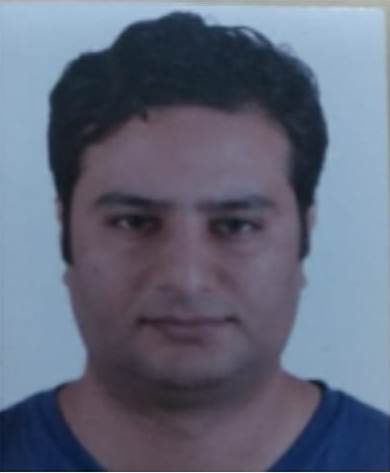 |
Abstract
Full Paper |
|
7. |
Baidehi Das,
Senior Research Fellow at the Department of Sociology, University of Hyderabad, India
Bionote:
Baidehi Das is a Senior Research Fellow at the Department of Sociology, University of Hyderabad, India. Her research interest includes migration, settlement patterns and community relations along the Indo-Bangladesh border. Currently, she is working on understanding inter-community relations vis-à-vis movements along some of the borderland villages of Swarupnagar Block in North Twenty-Four Parganas District of West Bengal. |
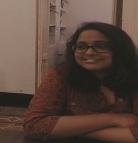 |
Abstract
Full Paper |
|
8. |
N. William Singh,
JNU, India
Bionote:
N. William Singh graduated from Hindu College, University of Delhi. He completed M.A., M.PHIL., and Ph.D. from JNU. He is a DAAD fellow at Centre for Historical Anthropology, Freie University Berlin and has written papers for Economic and Political Weekly, Himal South Asian and Routledge. Teaches Sociology at Pachhunga University College. He is currently working on an ICSSR funded project on Upland Livelihoods. |
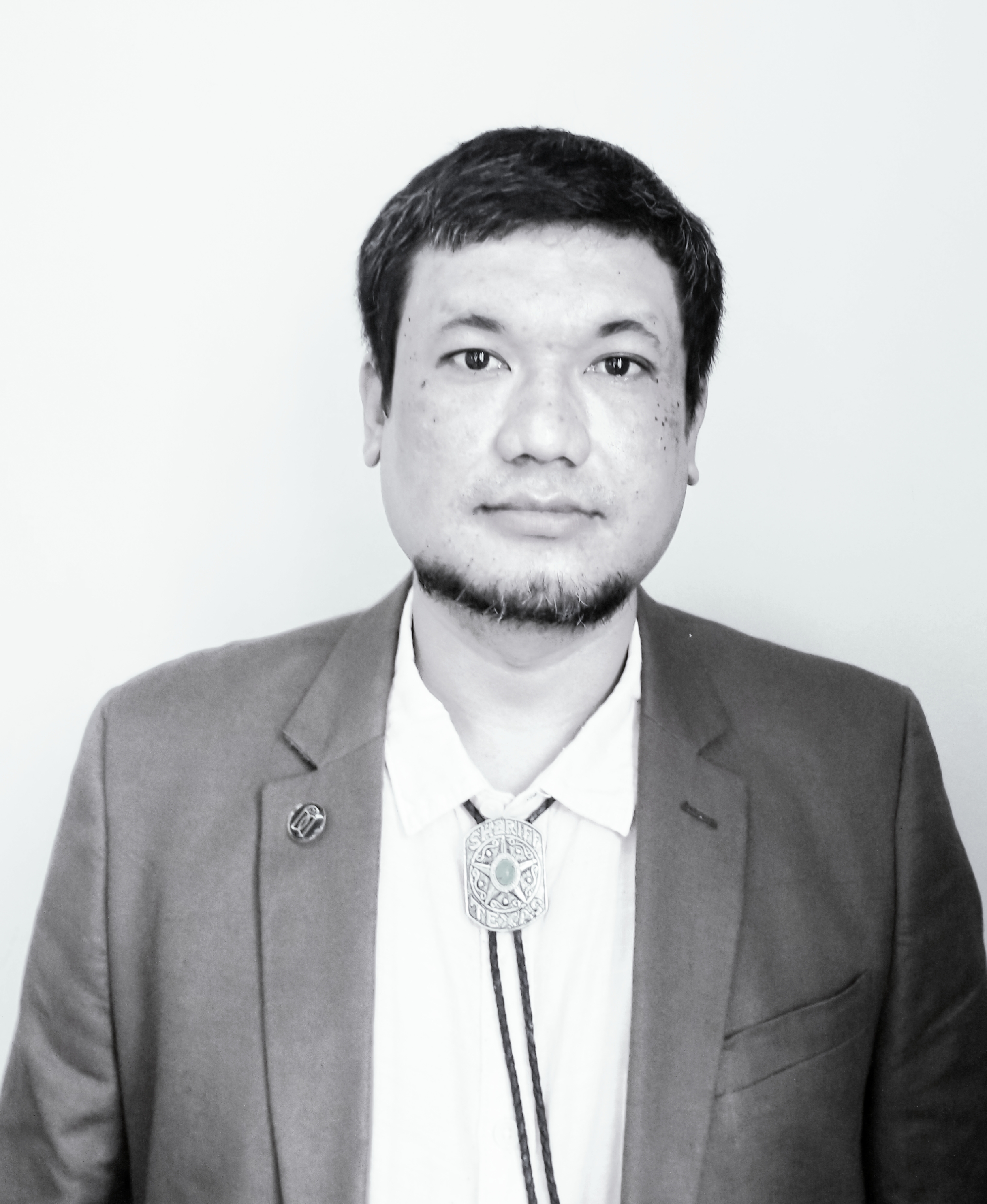 |
Abstract
Full Paper |
|
9. |
Yojak Tamang,
Presidency University, India
Bionote:
Yojak Tamang has completed M.A in political science from Presidency University, India, and is currently engaged in independent research. Yojak’s interests include critical theory, migration studies, study of state and movement of self-determination and visual storytelling. |
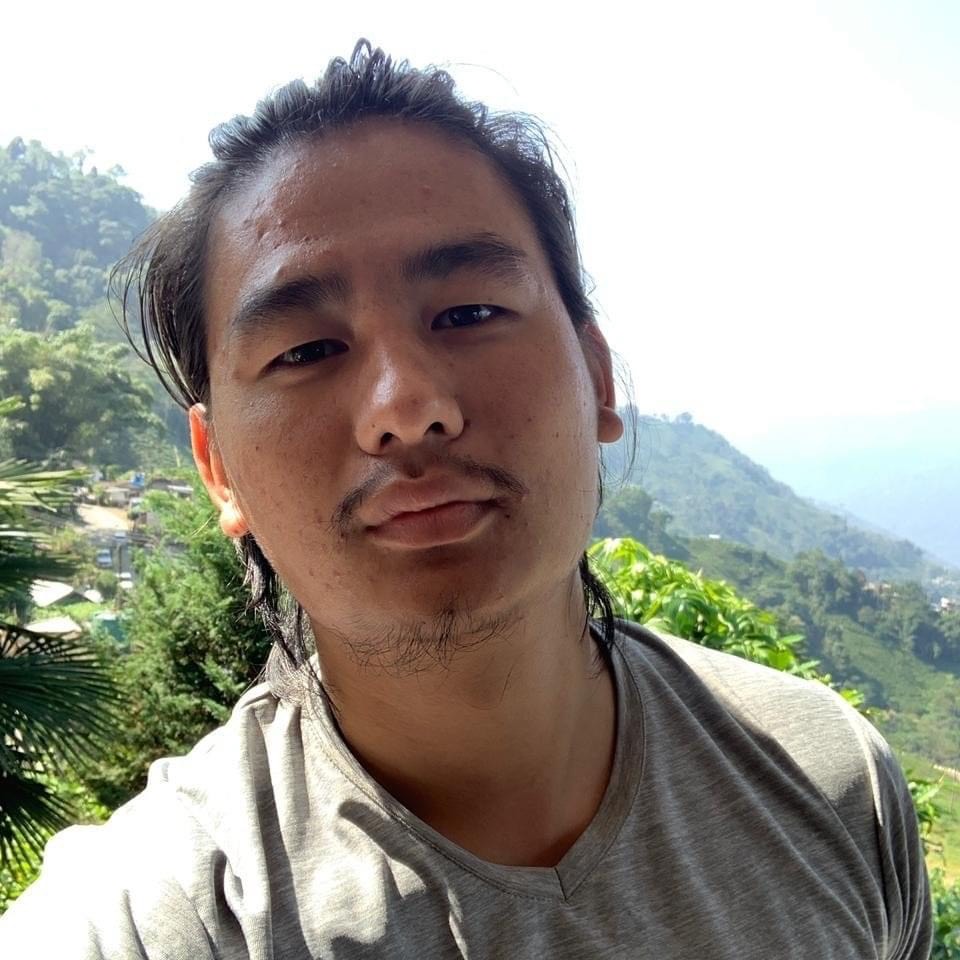 |
Abstract
Full Paper |
|
10. |
Santi Sarkar,
Assistant Professor at the Department of Political Science, Centre for Distance and Online Education (CDOE), Vidyasagar University, Midnapore
Bionote:
Santi Sarkar is Assistant Professor at the Department of Political Science, Centre for Distance and Online Education (CDOE), Vidyasagar University, Midnapore, and Member, Calcutta Research Group, India. His interest area includes Political Theory, Western Political Thought, Indian Politics, Forced Migration, Dalit, and Tribal Studies |
 |
Abstract
Full Paper |
|
11. |
Sonika Gupta,
Associate Professor of Global Politics (China Studies, Refugees, Tibet Studies), Department of Humanities and Social Sciences, Indian Institute of Technology, Madras
Bionote:
Sonika Gupta is an Associate Professor of Global Politics (China Studies, Refugees, Tibet Studies), Department of Humanities and Social Sciences, Indian Institute of Technology, Madras. Her current areas of research include the Tibetan Community in India, Himalayan borderlands with reference to state-making, geopolitics, and identity. |
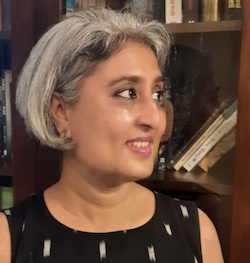 |
Abstract
Full Paper |
|
12. |
Joseph K Lalfakzuala,
Dept. of Political Science, Govt. T, Romana College, Aizawl, India
Bionote:
Joseph K Lalfakzuala is currently a faculty member in the Dept. of Political Science, Govt. T, Romana College, Aizawl, India. He completed his Ph.D. from Centre for Political Studies, JNU, New Delhi. His areas of interest are North-East Studies, Autonomy and federalism, Borderland studies. |
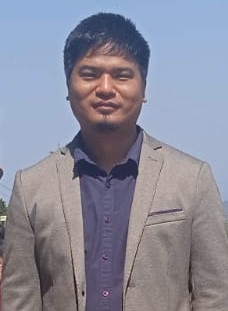 |
Abstract
Full Paper |
|
13. |
Radhika Mathrani Chakraborty,
Department of Sociology, National University of Singapore, Singapore
Bionote:
Radhika Mathrani Chakraborty is a Ph.D. candidate at the Department of Sociology, National University of Singapore, Singapore. Her research interests include diaspora, migration, gender and feminist studies, and gender-based violence. Her doctoral research will undertake a gendered analysis of the Sindhi business diaspora in Hong Kong. |
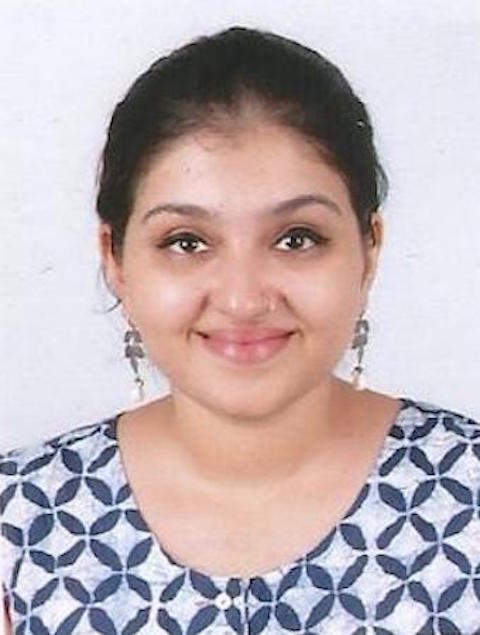 |
Abstract
Full Paper |
|
14. |
Rajat Kanti Sur,
Researcher, Calcutta Research Group, India
Bionote:
Rajat Kanti Sur is Researcher, Calcutta Research Group, India. He has keen interest in urban studies, popular culture, public health and labour studies, and is currently working on the role of cooperative formation as an alternative method to overcome the socio- economic crisis of the marginal and migrant workers. |
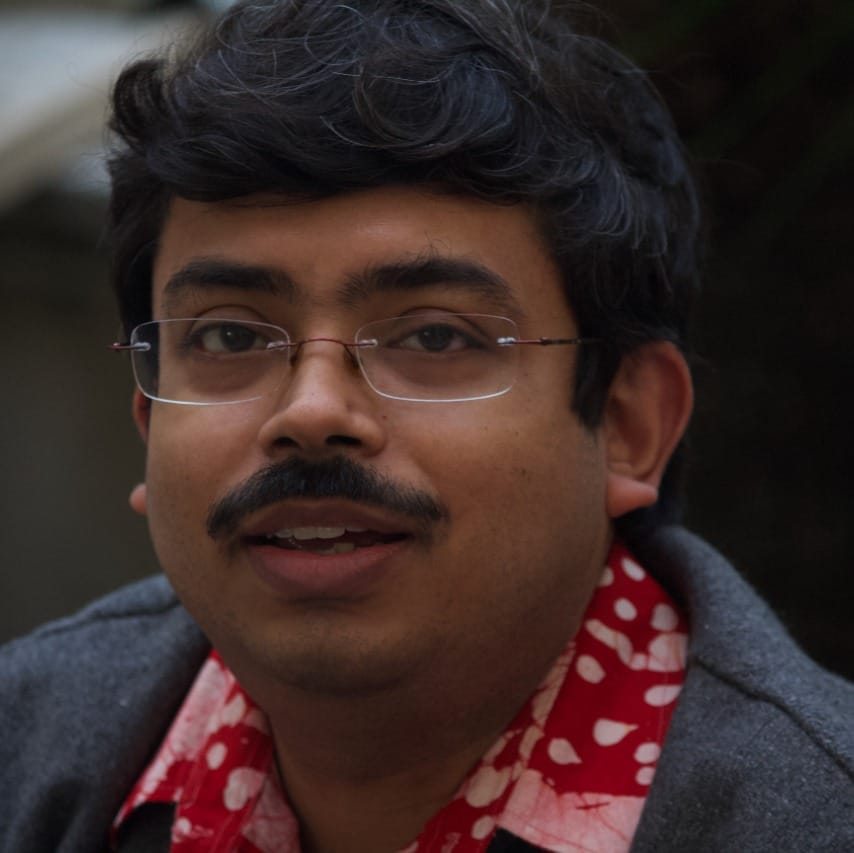 |
Abstract
Full Paper |
|
15. |
Sampurna Das,
Doctoral Student of Sociology at the Delhi School of Economics, University of Delhi, India
Bionote:
Sampurna Das is a doctoral student of Sociology at the Delhi School of Economics, University of Delhi, India. Her doctoral work research draws upon issues of citizenship, water and land governance, and agrarian relations in the context of environment and development discourses, focusing particularly on the floodplains of the north-eastern Indian state Assam. |
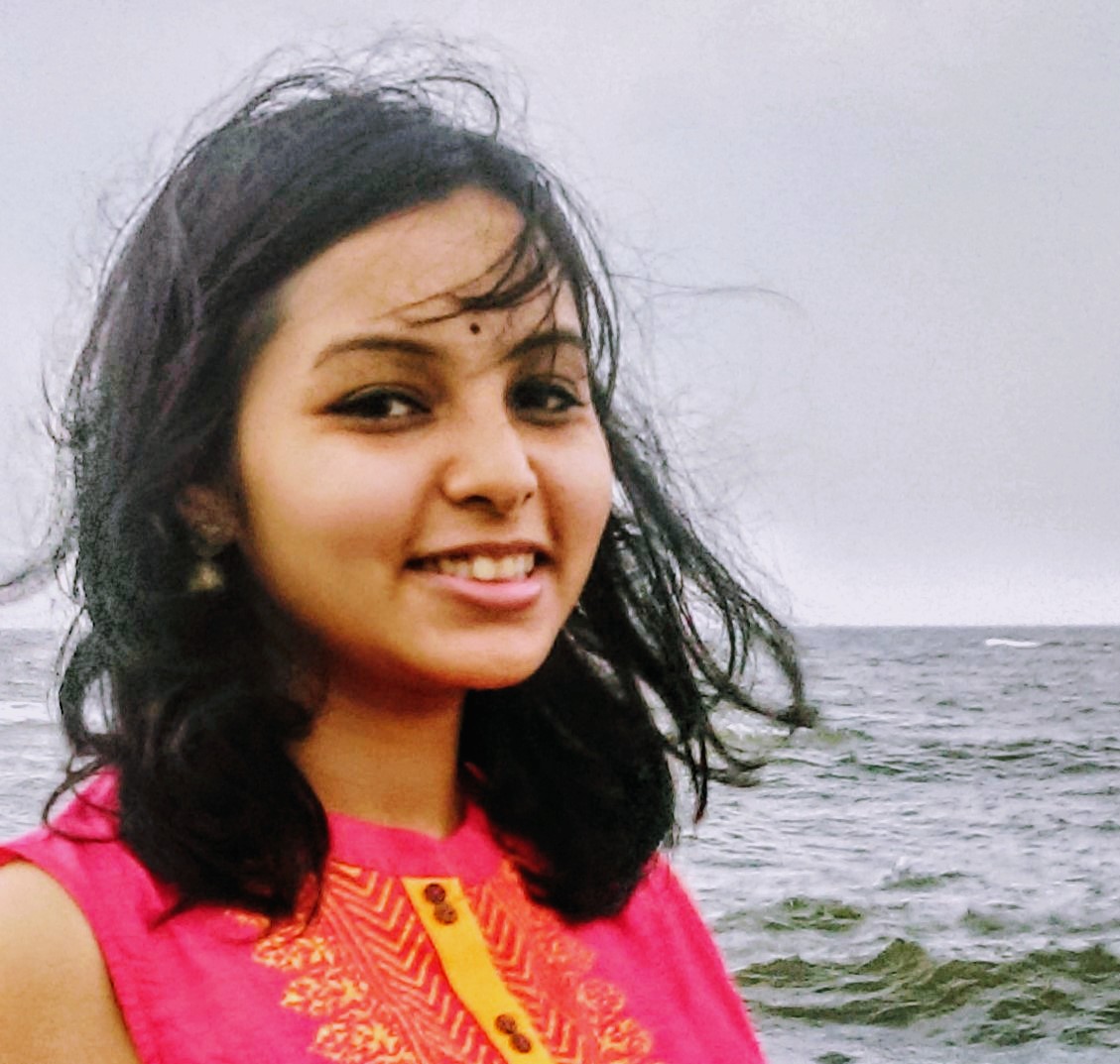 |
Abstract
Full Paper |
|
16. |
Sohini Sengupta,
Assistant Professor with the Centre for Community Organisation and Development Practice, School of Social Work - Mumbai Campus, School of Research Methodology, Tata Institute of Social Sciences (TISS)-Mumbai, India
Bionote:
Sohini Sengupta is Assistant Professor with the Centre for Community Organisation and Development Practice, School of Social Work - Mumbai Campus, School of Research Methodology, Tata Institute of Social Sciences (TISS)-Mumbai, India. She has experience in working with grassroots organisation, drought response programmes and public policy making and has worked with Oxfam and as a research fellow with the World Commission on Dams-Social Impacts Team in South Africa. |
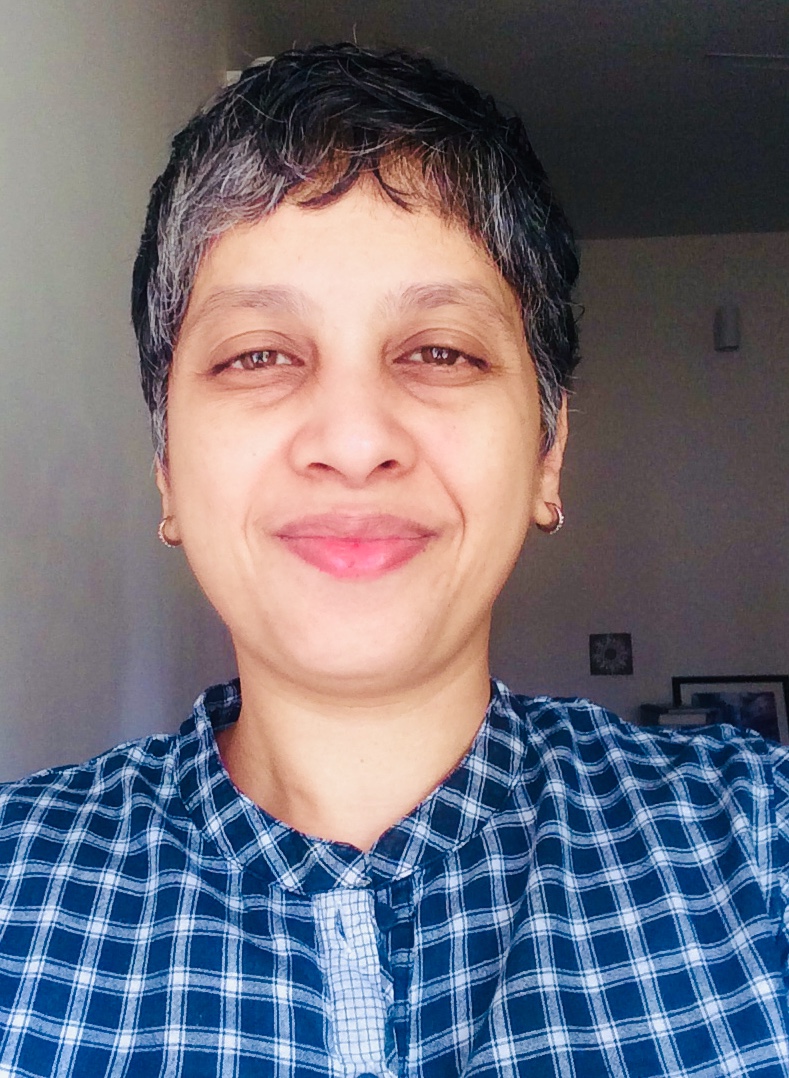 |
Abstract
Full Paper |
|
17. |
Debojyoti Das,
Anthropologist of South Asia
Bionote:
Debojyoti Das is an anthropologist of South Asia, with a focus on the borderlands of eastern India and the Indian Ocean world. His current work focuses on land relations, climate change, migration, and sustainable development issues among marginalised littoral communities in the Bay of Bengal delta. He is the author of the book The Politics of Swidden Farming Environment and Development in Eastern India (2018). |
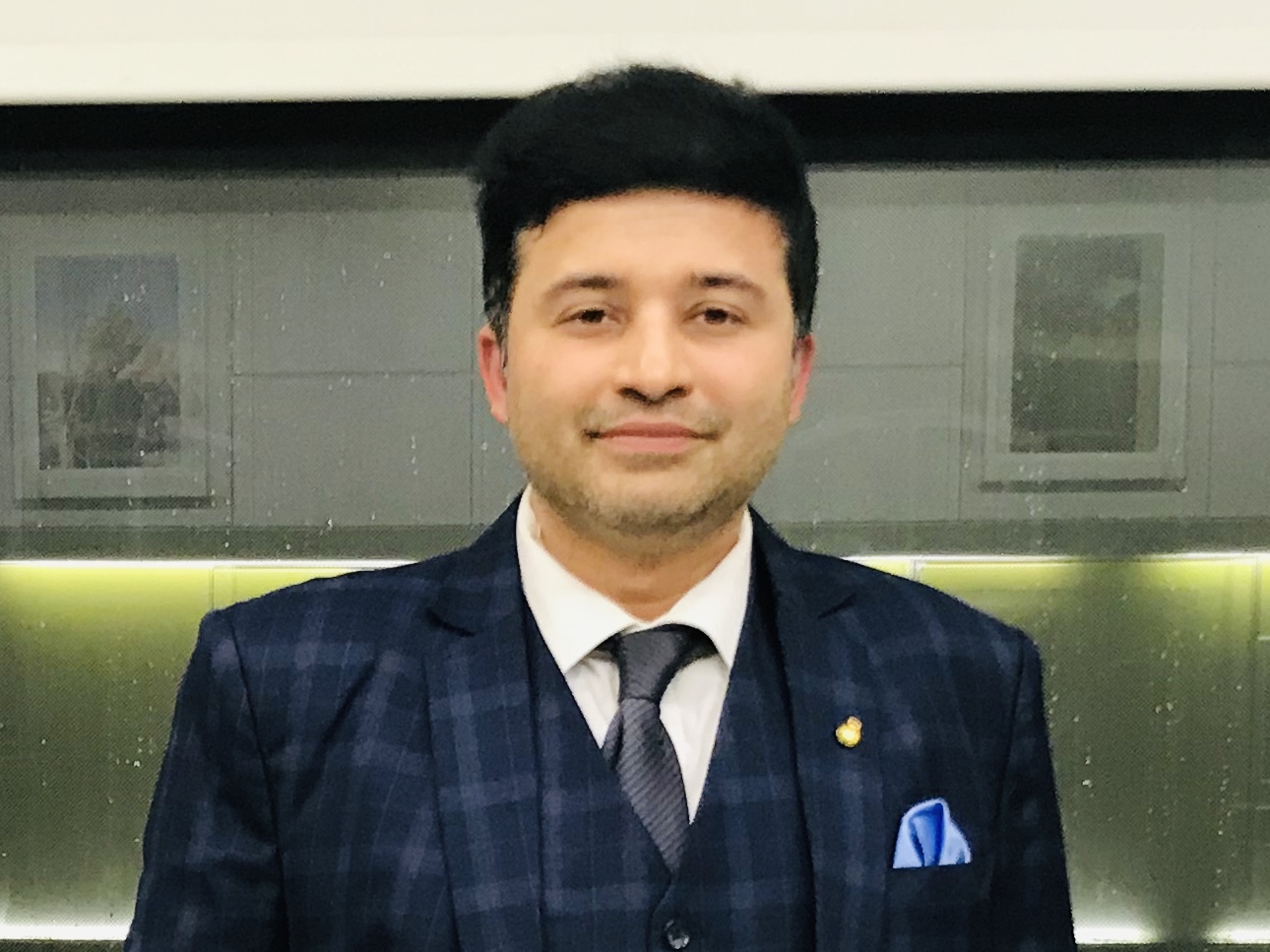 |
Abstract
Full Paper |
|
18. |
Upasona Ghosh,
Faculty member at IIPH, Bhubaneswar, India
Bionote:
Upasona Ghosh is a faculty member at IIPH, Bhubaneswar, India. Her research focuses on impacts of climate change on community health and health care delivery system. She is an awardee of DFID’s Young Research Grant through Future Health System consortium, and the Emerging Voices for Global Health programme, in which she is a mentor now. |
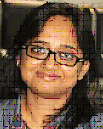 |
Abstract
Full Paper |
|
19. |
Anindya Sen,
Assistant Professor in the Department of English, Assam University, Silchar
Bionote:
Anindya Sen is an Assistant Professor in
the Department of English, Assam University, Silchar. Although his
primary areas of expertise are theoretical and political dimensions of
contemporary fiction, particularly the genres of Science Fiction and
Fantasy, for the last few years he has been taking a keen interest in
migration studies, the consequent identity formation processes and
cultural representations of the same.
|
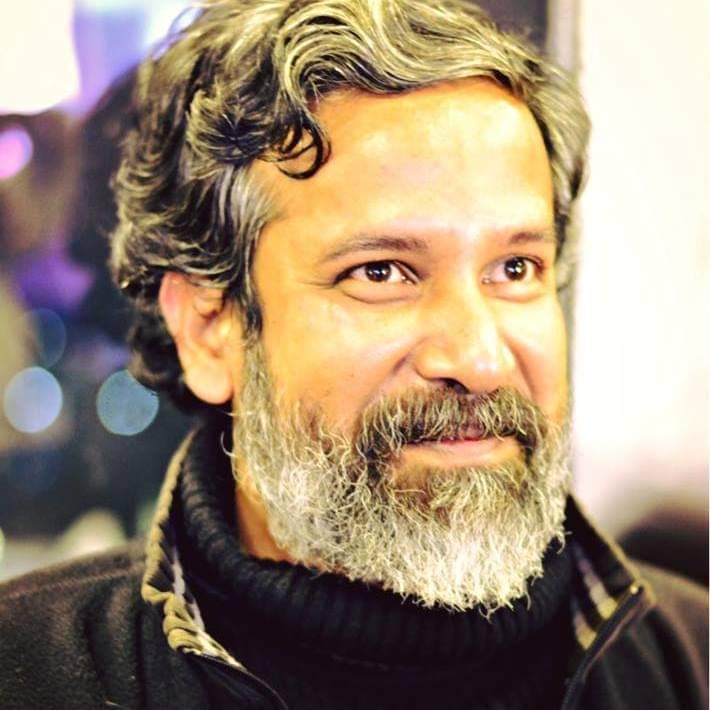 |
Abstract
Full Paper |
|
20. |
Anusmita Mukherjee,
Independent Researcher,
India
Bionote:
Anusmita Mukherjee is an aspiring researcher with primary research interests in the fields of History of Medicine and Science in colonial and post-colonial South Asia, and Partition studies and Trauma studies, particularly in the context of minor literature. She is currently a student at the department of English, University of North Bengal.
|
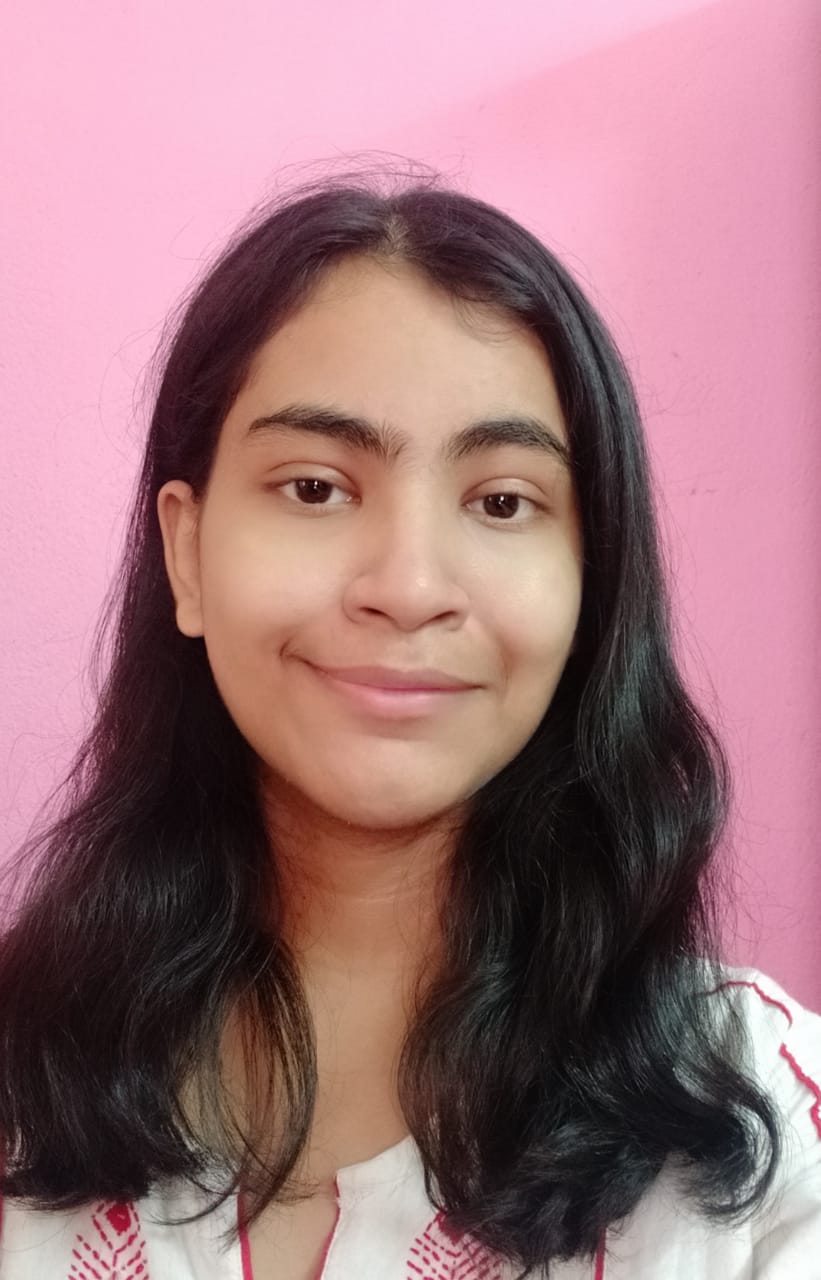 |
Abstract
Full Paper |
|
21. |
Samata Biswas,
Assistant Professor in the Department of English, The Sanskrit College and University
Bionote:
Samata Biswas is Assistant Professor in
the Department of English, The Sanskrit College and University, and
Treasurer, Calcutta Research Group, India. Previously she has taught
English literature at Haldia Government College and Bethune College. She
completed a UGC funded Minor Research project on the body cultures of
contemporary Bengal as well as a project on alternative logistical
framework in Haldia, funded by Western Sydney University. She also runs
the blog on forced migration studies, ‘RefugeeWatchOnline’.
|
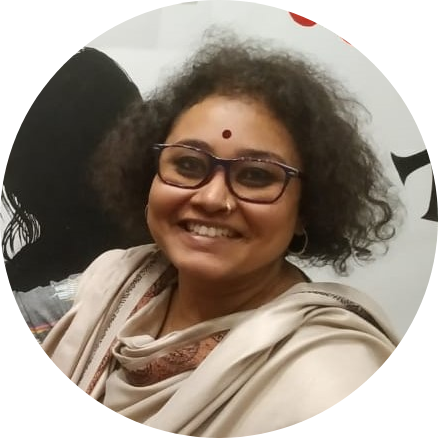 |
Abstract
Full Paper |
|
22. |
Deeksha,
Doctoral Scholar at the School of Social Work, Tata Institute of Social Sciences, Mumbai
Bionote:
Deeksha is a Doctoral Scholar at the School of Social Work, Tata Institute of Social Sciences, Mumbai. Her research focuses on internal mobilities for healthcare in India. She is particularly interested in researching access to healthcare for migrant/migrating communities in the city using qualitative and ethnographic research methods. She has also engaged in research on urban poverty, the middle class in India, homelessness and social work in cities. She has been a Commonwealth Scholar at the University of Edinburgh, UK and a Dalai Lama Fellow.
|
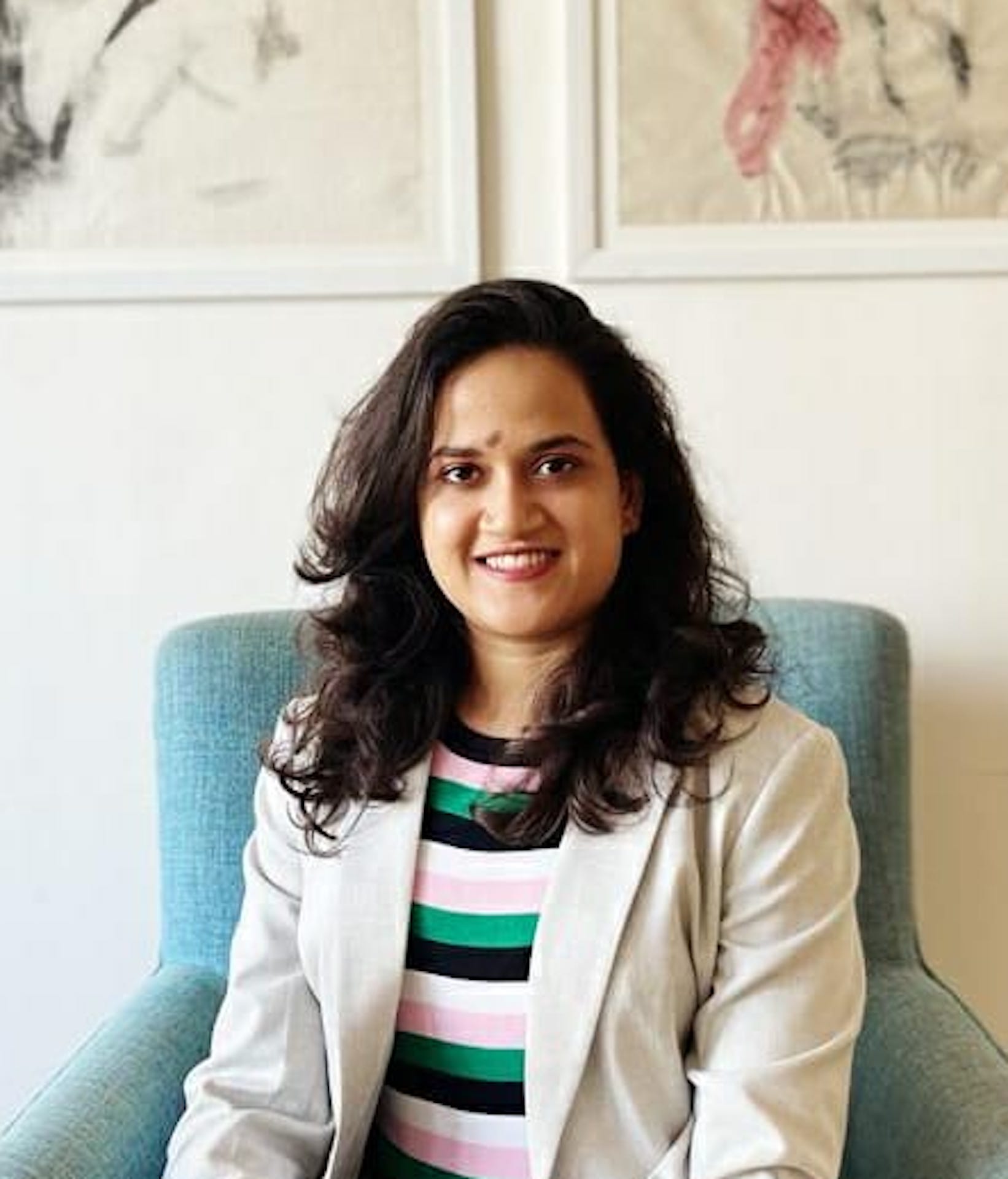 |
Abstract
Full Paper |
|
23. |
Ali Dad Mohammadi,
Porsesh Research and Studies Organisation, Afghanistan
Bionote:
Ali Dad Mohammadi works as Mixed Migration Monitoring Mechanism Initiative (4Mi) —4Mi Officer at Mixed Migration Centre (MMC), Kabul, Afghanistan. Ali Dad Mohammadi has worked with national and international migration concerned organisations such as Jesuit Refugee Service (JRS), Danish Refugee Council (DRC), Mixed Migration Centre (MMC), and Porsesh Research and Studies Organisation (PRSO).
|
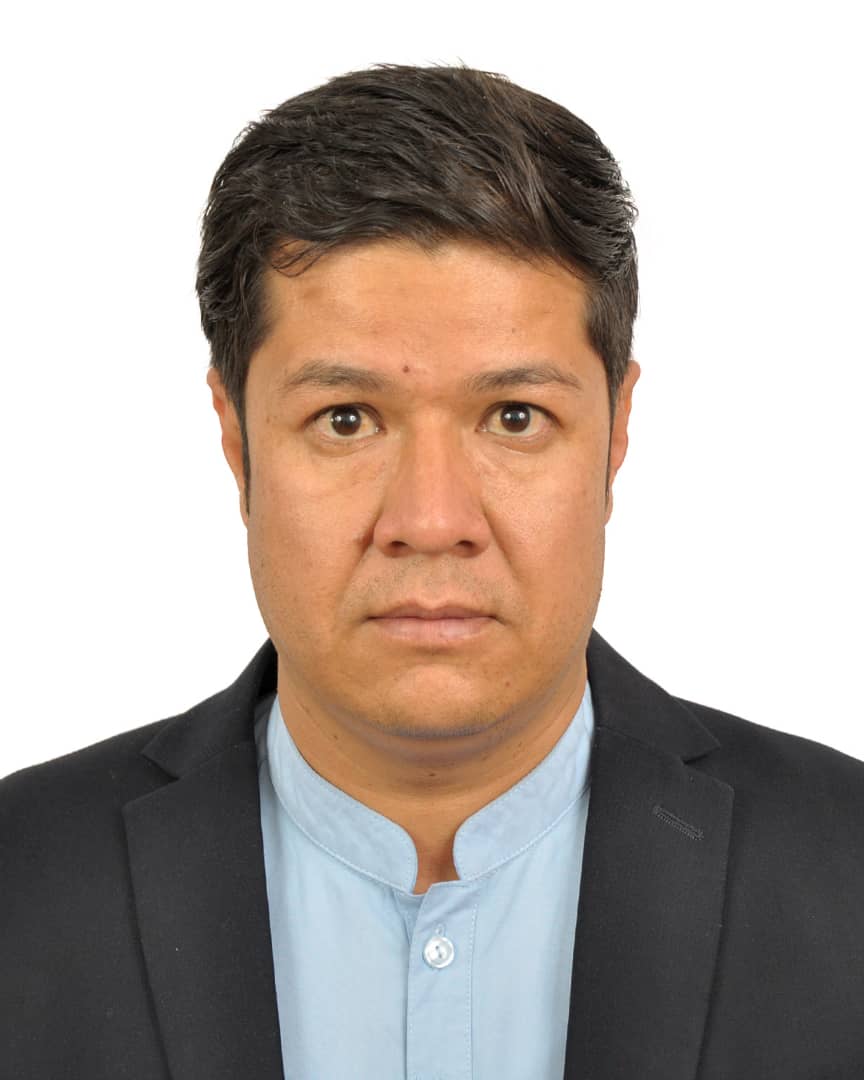 |
Abstract
Full Paper |
|
24. |
Amin Ghadimi,
Associate Professor in the Graduate School of Humanities at Osaka University
Bionote:
Amin Ghadimi is associate professor in the Graduate School of Humanities at Osaka University. He works primarily on the global intellectual history of nineteenth-century Japan, and he is interested in the transnational movement of ideas and people in the modern era. His research appears in Modern Intellectual History and Journal of Social History, among other journals. He received his PhD in History and East Asian Languages from Harvard in 2019.
|
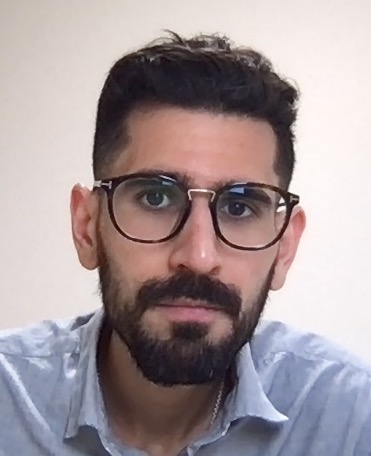 |
Abstract
Full Paper |
|
25. |
Anita Sengupta,
Director, Asia in Global Affairs, and Member, Calcutta Research Group, India
Bionote:
Anita Sengupta is Director, Asia in Global Affairs, and Member, Calcutta Research Group, India. She is an area studies specialist and has been involved with research on the Central Asian region with Uzbekistan being her area of special interest. She has also worked extensively on Turkish politics and on the Syrian refugees in Turkey. She has been a visiting scholar in Humboldt University, part of the Swedish International Programme on Central Asia (SIPCAS) and the Nordic Network for Research on Migration Identity, Communication and Security (MICS).
|
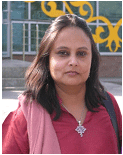 |
Abstract
Full Paper |
|
26. |
Kamal Thapa Kshetri,
Head, International Relation Division, Migrant Focal Person, National Human Rights Commission of Nepal
Bionote:
Kamal Thapa Kshetri is Head, International Relation Division, Migrant Focal Person, National Human Rights Commission of Nepal, Nepal, and CRG-IWM Visiting Fellow 2022. Kamal Thapa Kshetri has been working with the National Human Rights Commission, Nepal, as Head of International Relation Division and Migration. He has worked with the anti-trafficking division of the Special Rapporteur on Trafficking in Persons within the commission since 2005.
|
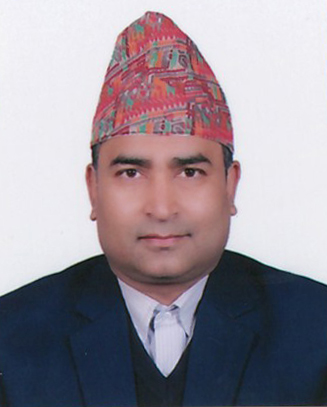 |
Abstract
Full Paper |
|
27. |
Raj Kumar Thakur,
Faculty member in the Department of History, Assam University, Silchar, India
Bionote:
Raj Kumar Thakur is a faculty member in
the Department of History, Assam University, Silchar, India. He teaches
the paper ‘Migration, Empire and Nation’ to students pursuing
post-graduation, along with the papers on Historical Methods and Nations
and Nationalism. His primary area of research is the connection between
migration, nation and empire, and understanding the nature of both the
colonial state and the independent Indian state.
|
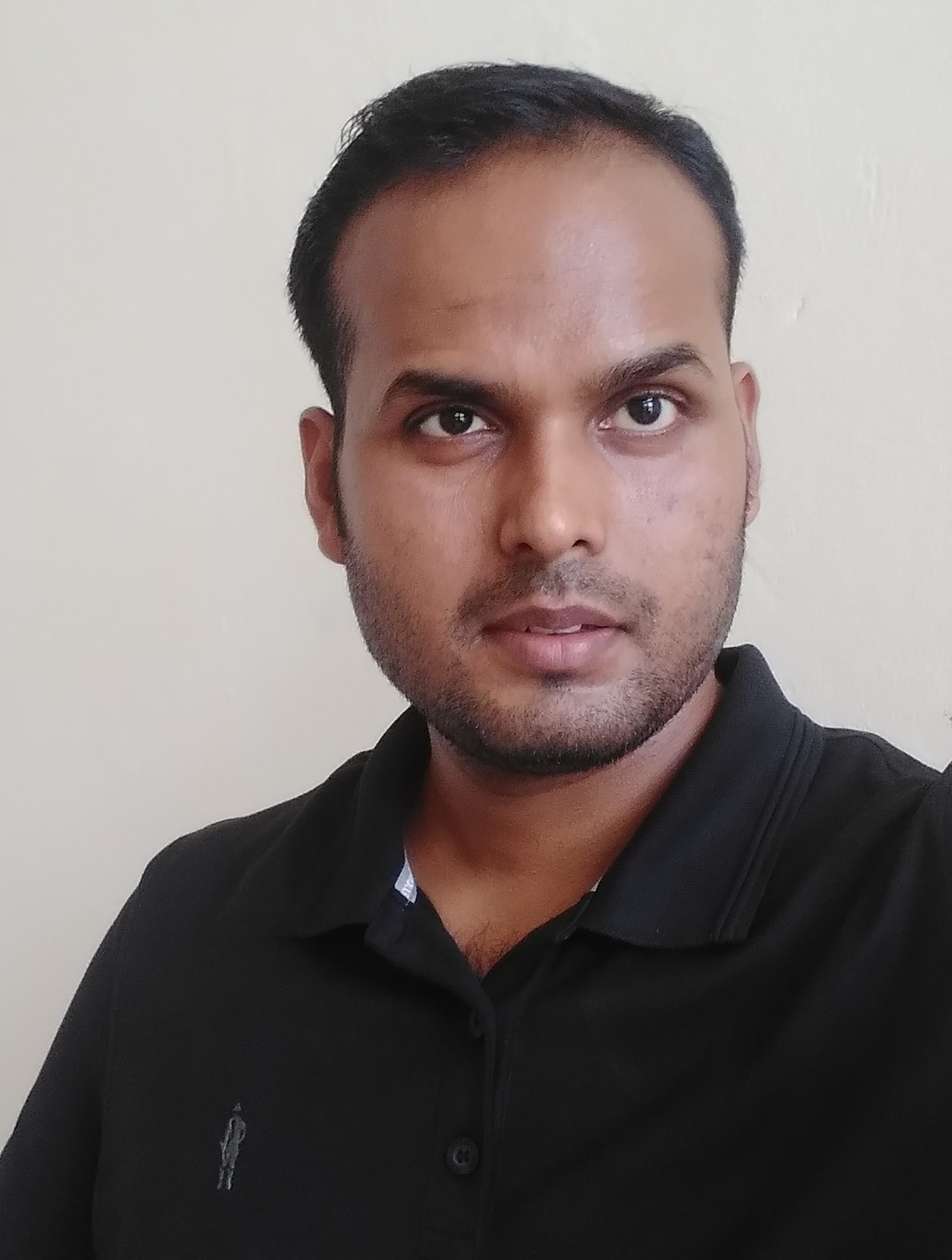 |
Abstract
Full Paper |
|
28. |
Rituparna Datta,
Researcher, Calcutta Research Group, India
Bionote:
Rituparna Datta is Research and Programme Assistant at the Calcutta Research Group, India. Her research interests focus on migration and mobilities in colonial and postcolonial India. Her on-going doctoral research from the Centre for Informal Sector and Labour Studies, Jawaharlal Nehru University, looks into the health and wellbeing of coolie labour in the indentured mobilities through a gendered lens.
|
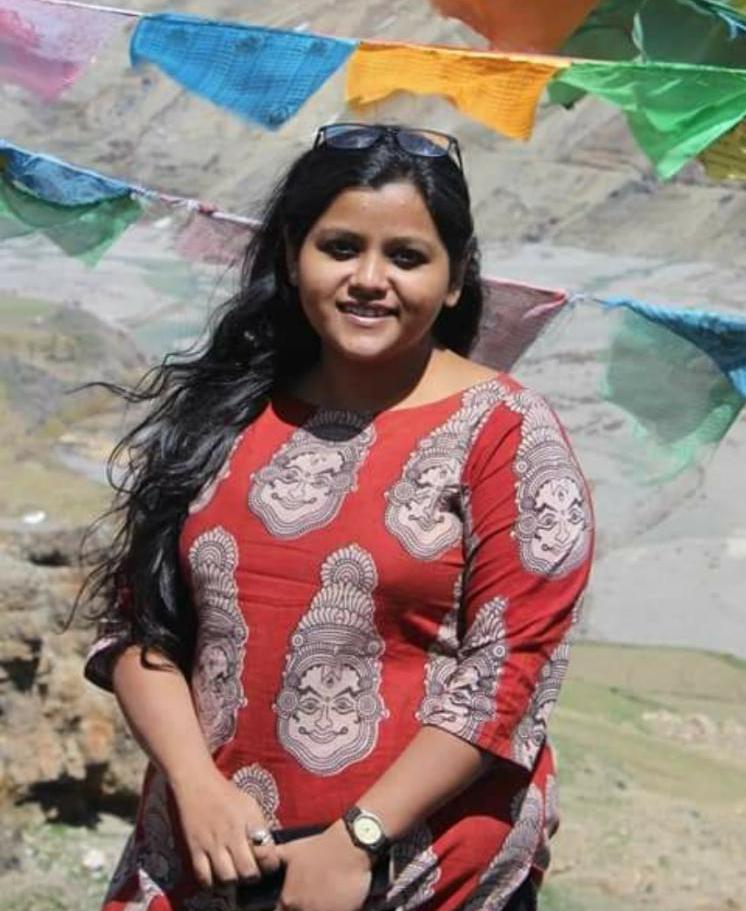 |
Abstract
Full Paper |
|
29. |
Rajarshi Chakraborty, Doctoral Research Scholar from the Centre for Inner Asian Studies, School of International Studies, Jawaharlal Nehru University, New Delhi
Bionote:
Rajarshi Chakraborty is a Doctoral Research Scholar from the Centre for Inner Asian Studies, School of International Studies, Jawaharlal Nehru University, New Delhi, India.
|
 |
Abstract
Full Paper |
|
30. |
Mahesh Ranjan Debata, Teaches at Centre for Inner Asian Studies, School of International Studies, Jawaharlal Nehru University, New Delhi
Bionote:
Mahesh Ranjan Debata is Assistant Professor at the Centre for Inner Asian Studies, School of International Studies, Jawaharlal Nehru University, New Delhi, India. Among his recent publications are China's Assimilationist Policies in Xinjiang: From Mao Zedong to Xi Jinping (International Studies, Sage, 2022), and Belt and Road Initiative (BRI): Central Asia, the Middle East and South Asia (Leiden: Brill, 2022).
|
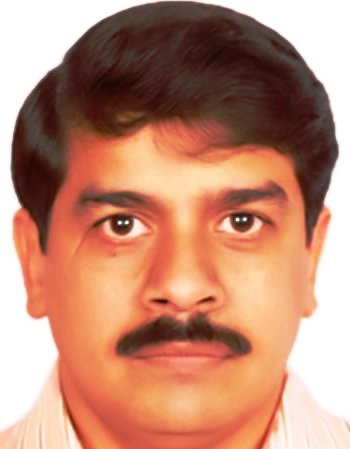 |
Abstract
Full Paper |
|
31. |
Kalyani Yeola, Doctoral Research Scholar, Department of Humanities and Social Sciences, Birla Institute of Technology and Science, Pilani Campus, Pilani, Rajasthan
Bionote:
Kalyani Yeola is a Doctoral Research Scholar, Department of Humanities and Social Sciences, Birla Institute of Technology and Science, Pilani Campus, Pilani, Rajasthan, India.
|
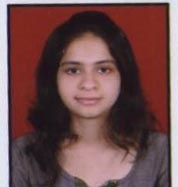 |
Abstract
Full Paper |
|
32. |
Nandini Bhattacharya, Associate Professor and Head, Department of History, Calcutta Girls College, Kolkata
Bionote:
Nandini Bhattacharya is Associate Professor and Head, Department of History, Calcutta Girls College, India. Her publications include among others Nation, Self and the Other, Role of Poets in Reinventing Cultural Identity in Post-Soviet Tajikistan (Bangla Journal, 2019), and Caught up Between The Secular Regime and Islamic Revival: Dilemma of Post-Soviet Tajik Women, Asian Studies, (Special Issue: Gendered Asia, 2018).
|
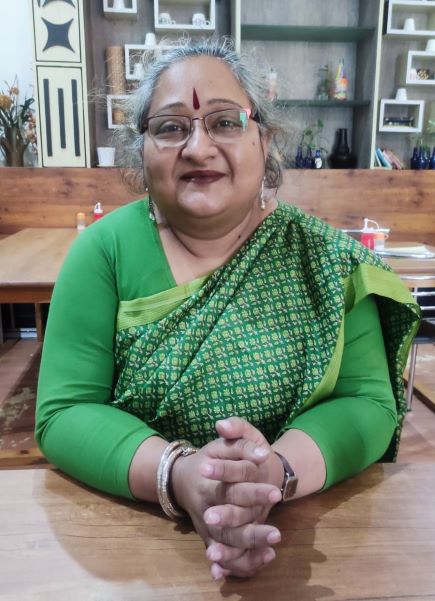 |
Abstract
Full Paper |
|
33. |
Ritika Joshi, Doctoral Research Scholar from the Centre for Inner Asian Studies, School of International Studies, Jawaharlal Nehru University, New Delhi
Bionote:
Ritika Joshi is a Doctoral Research Scholar from the Centre for Inner Asian Studies, School of International Studies, Jawaharlal Nehru University, New Delhi, India. Her research focuses on Indian connection with the ancient Silk Road and the present geo-political ramifications of Silk Road strategy and initiative.
|
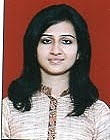 |
Abstract
Full Paper |
|
34. |
Veena Ramachandran, Assistant Professor, Department of Humanities and Social Sciences, Birla Institute of Technology and Science, Pilani Campus, Pilani, Rajasthan
Bionote:
Veena Ramachandran is Assistant
Professor, Department of Humanities and Social Sciences, Birla Institute
of Technology and Science, Pilani Campus, Pilani, Rajasthan, India.
|
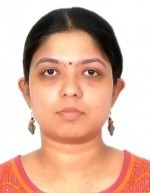 |
Abstract
Full Paper |
|
35. |
Nirmal Kumar Mahato, Associate Professor in History and Deputy Director, Centre for Environmental Studies, Vidyasagar University Midnapore, W.B., India
Bionote:
Nirmal Kumar Mahato is Associate Professor in History and Deputy Director, Centre for Environmental Studies, Vidyasagar University Midnapore, W.B., India. He was awarded the Charles Wallace Fellowship, 2019. He is also a member of Mahanirban Calcutta Research Group, Kolkata. His recently published book is ‘Sorrow Songs of Woods: Adivasi- Nature Relationship in the Anthropocene in Manbhum', CWEH, 2020, www.sussex.ac.uk › cweh › publications ( Primus, New Delhi).
|
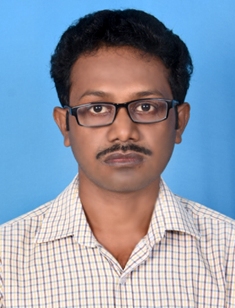 |
Abstract
Full Paper |
|
36. |
Shatabdi Das, Researcher,Calcutta Research Group (CRG)
Bionote:
Shatabdi Das is Researcher at the Calcutta Research Group (CRG). She has previously worked as Junior Research Fellow at the Centre for Urban Economic Studies, University of Calcutta and has also taught Geography at PG level in Sarsuna College, Kolkata (affiliated to the University of Calcutta). Shatabdi has been working with CRG since 2018 on research projects on migration studies, borderlands, displacement, environment and urban issues and climate change. She has a Ph.D. in Geography from the University of Calcutta. Her Doctoral thesis studies the impact of industrial and urban development on the environment of Asansol-Durgapur Planning Area. She was a Visiting Fellow at the Institute for Human Sciences (IWM), Vienna in Austria, in April 2022.
|
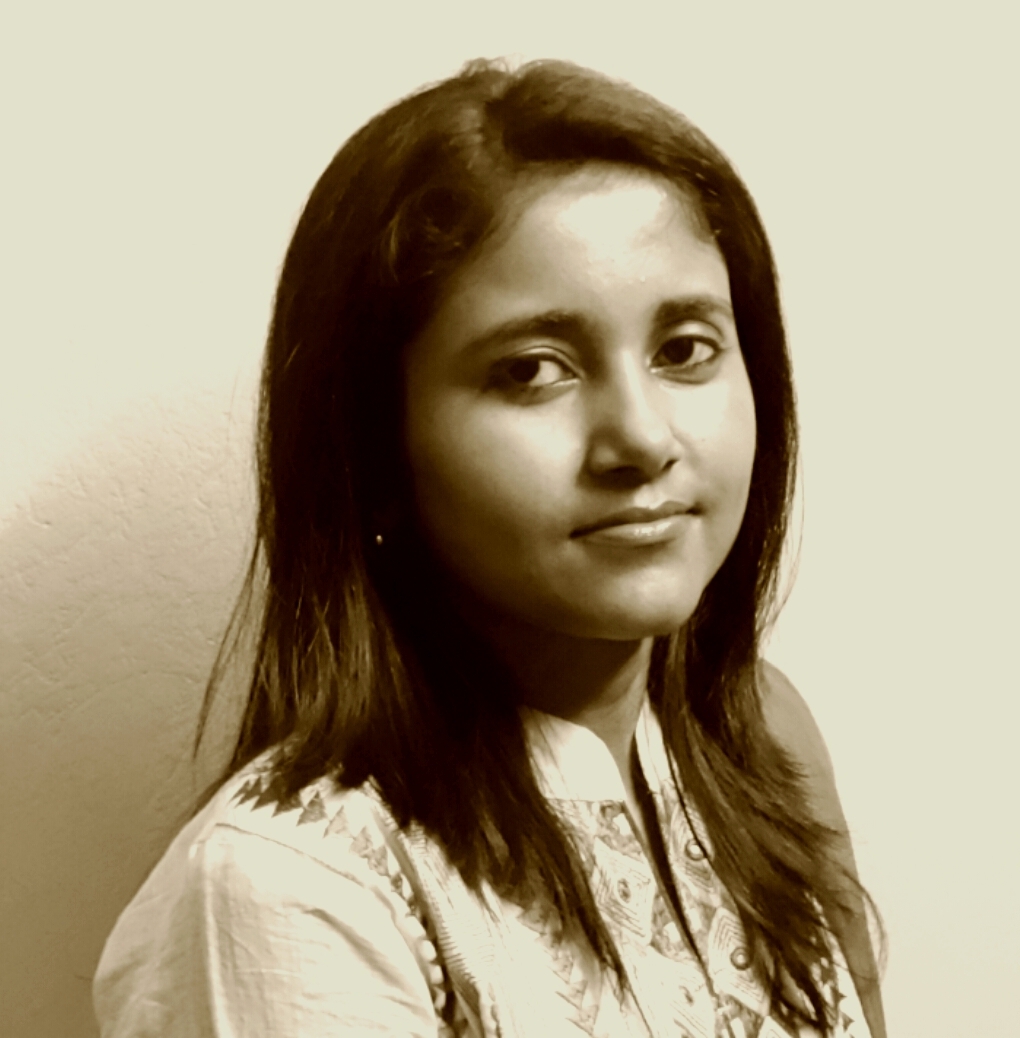 |
Abstract
Full Paper |
|
37. |
Daniiarova Gulzina Mamatalievna, Department of Professional foreign languages department at Osh State University, Kyrgyzstan
Bionote:
Daniiarova Gulzina Mamatalievna is a lecturer in the Department of Professional foreign languages department at Osh State University, Kyrgyzstan. She holds a Master’s Degree in Political Sciences from Osh State University. She is a researcher in the National Academy of Science of the Kyrgyz Republic. Her research currently focuses on causes and consequences of women migration from Kyrgyzstan to Russia. Currently she is conducting a research on the impact of local traditions on migration and wants to find solutions to this problem.
|
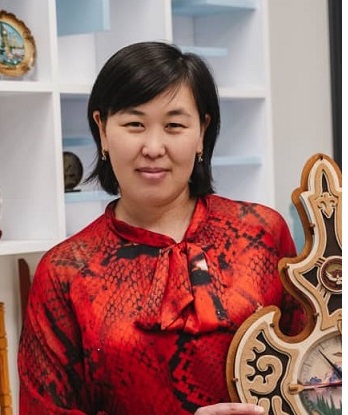 |
Abstract
Full Paper |
|
38. |
Gorky Chakraborty, Faculty,
Institute of Development Studies Kolkata (IDSK)
Bionote:
Gorky Chakraborty, Faculty,
Institute of Development Studies Kolkata (IDSK). He works on development
related issues on Northeast India.
|
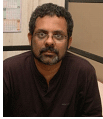 |
Abstract
Full Paper |
|
39. |
Samik Roy Chowdhury, Former
M.Phil scholar at Institute of Development Studies, Kolkata
Bionote:
Samik Roy Chowdhury, Former
M.Phil scholar at Institute of Development Studies, Kolkata. He
specialises on debates and contestations related to citizenship in
India.
|
 |
Abstract
Full Paper |
|
40. |
Ankita Singh,
Research
scholar at NIEPA
Bionote:
Ankita Singh is
a research scholar at NIEPA (National Institute of Education Planning
and Administration). She has done M.A from Jawaharlal Nehru University
and B.A from the University of Delhi. Her research areas are Alternative
Methods of Financing Higher Education, Urban Sustainability and Slums.
She worked as a research analyst for 2 years at IEG (Institute of
Economic Growth) on the project "Evaluation of Scholarship Scheme in
India".
|
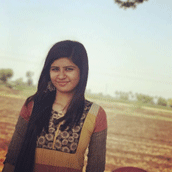 |
Abstract
Full Paper |
|
41. |
Johny K D ,
Ph.D. Scholar at IIT Kanpur
Bionote:
Johny K D is
a Ph.D. Scholar at IIT Kanpur. He has done M.A from Jawaharlal Nehru
University and B.A from St. Stephen's College, DU, Delhi. His research
interests are Urban sustainability, City, Slums, Displacement and
Rights. In the past, he had worked with prestigious organisations like
the Ministry of Social Justice and Empowerment (GoI) and Institute of
Economic Growth, Delhi in diverse profiles like Research Analyst,
Project Monitoring and Evaluation expert, etc. He also has several
publications in National and International Journals.
|
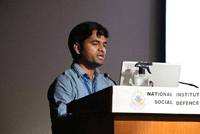 |
Abstract
Full Paper |
|
42. |
Anasma Gayari ,
Ph. D. scholar at the Centre for Political Studies, Jawaharlal Nehru University
Bionote:
Anasma Gayari is currently a junior Ph. D. scholar at the Centre for Political Studies, Jawaharlal Nehru University. Her research focuses on locating migrants from the Northeast in the urban politics of Delhi. She is particularly interested in investigating the social nature, cultural conditions and economic implications of labour involved in the new corporate affective industries, and the kinds of political subjectivity that arise in the process. She has submitted her M. Phil. dissertation titled The Political Economy of Race in Delhi: A Study of New Labour from the North East early this year, and has begun working on her doctoral thesis further along these lines. Her new research tries to probe the manner of training that goes into making of the new affective labour and the role of social capital and networks among the migrant communities in providing access to livelihood, political solidarity and new cultures of consumption. She did both her BA and MA in Political Science from Indraprastha College for Women, University of Delhi.
|
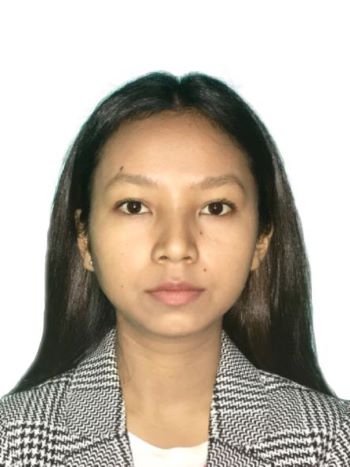 |
Abstract
Full Paper |
|
43. |
Bidhan Golay ,
Political Science at the Department of Political Science, Sikkim University, Gangtok
Bionote:
Bidhan Golay teaches Political Science at the Department of Political Science, Sikkim University, Gangtok. He took his M. Phil from Centre for Political Studies, JNU for which he worked on ethnic revivalism in Darjeeling. Bidhan is pursuing his doctoral research from Centre for Political Studies where he is studying the colonial construction of Gorkha identity and the problem of citizenship in India. He began his teaching career at Centre for Himalayan Studies, University of North Bengal in 2006. He moved to Sikkim University in 2012 where he has been teaching political theory and Indian politics. His research interests lay in cultural studies, postcolonial theory and governmentality. Bidhan has participated in several international and national seminars and published some original articles. Some of his published articles and book chapters include, Rethinking Gorkha Identity: Outside the Imperium, Discourse and Hegemony, in T.B. Subba et. al. (eds.) Indian Nepalis: Issues and Perspectives, Concept Publishing House, New Delhi (2009), Between Ethnie and Nation: The Predicament of Nepali Identity, in Arun K Jana et. al. (eds.) Development and Disorder: The Crises of Governance in Northeast and East of India, South Asian Publishers, New Delhi (2010), and, Colonial Governmentality and Nepali Nationalist Discourse, in Café Dissensus, Issue 20, 2015.
|
 |
Abstract
Full Paper |
|
44. |
Krishanu B. Neog ,
Ph.D. student and Senior Research Fellow at the Centre for Political
Studies, Jawaharlal Nehru University
Bionote:
Krishanu B. Neog is a senior Ph.D. student and Senior Research Fellow at the Centre for Political Studies, Jawaharlal Nehru University. His Ph.D. research focuses on the forms of visual mobilization used by political leaders, like selfies and posters, in India on social media platforms, and how everyday users circulate, comment on and react to them, for instance, through memes and related images. He has worked as a Project Fellow in ‘For Digital Dignity: PROJECT ONLINERPOL’ where he headed a sub-project dealing with meme content on social media dealing with politics in South Asia. Krishanu’s M. Phil. research looked into the question of the political ‘subject’ (and ‘subject’-formation) online through everyday techno-social and techno-cultural practices such as circulation of memes and digital ‘lurking’. He has a Master’s degree in Development Studies from the Tata Institute of Social Sciences, Mumbai, and has published several commentaries on contemporary political events in online platforms such as NewsClick, and The Quint, etc
|
 |
Abstract
Full Paper |
|
45. |
Rajarshi Dasgupta,
Teaches at Centre for Political Studies, JNU
Bionote:
Rajarshi Dasgupta teaches at Centre for Political Studies, JNU. Formerly a Fellow at the CSSSC, he did his BA from Presidency, Calcutta, MA and M. Phil. from JNU, and D. Phil. from Oxford. His research and publications address the history of Indian Left, especially in Bengal, the relations of culture and politics, and urbanization and refugee and migrant histories in South Asia. Some of his publications include “Rhyming Revolution: Marxism and Culture in Colonial Bengal” in Studies in History, and "The Ascetic Modality: A Critique of Communist Self-fashioning" in Menon, Nigam and Palshikar eds., Critical Studies in Politics, and “The People in People’s Art and People’s War” in Gargi Chakrabarty ed., P.C. Joshi, The People’s Warrior. Some of his recent publications are “Exceptionalising Democratic Dissent: A study of the JNU event” in Postcolonial Studies, “Capital in Bangla: Postcolonial Translation of Marx” in Chakrabarty et al eds., Capital in the East: reflections on Marx, and “Frontier Urbanism: Urbanisation beyond Cities in South Asia”, co-authored with Shubhra Gururani, Economic & Political Weekly.
|
 |
Abstract
Full Paper |
|
46. |
Dipanwita Saha,
Software Engineer and Visual Artist
Bionote:
Dipanwita Saha is a software engineer by profession and parallelly an independent visual artist based in Kolkata, India. Her interest in photography stems from her father. She is from a refugee family and from her childhood she grew up with stories of brutality, hatred, friendship, and culture. She always wants to narrate those stories to the world and chooses photography as a medium. Using personal and subjective modalities in her documentary practice, Dipanwita explores the complexities of societal frameworks and the dynamics of political institutions in contemporary India. Her primary areas of interest are history, cultural narratives, and socio-political changes. Her work has been published in many online magazines and exhibited in many national and international galleries and festivals. In recent years, She has been working for an oral archive on the pre-independence era of India and how it changes the culture of a city. As part of her image-making practice, Dipanwita deploys personal voices, metaphorical exploration, and abstraction to unravel narratives of people, places, and their histories. |
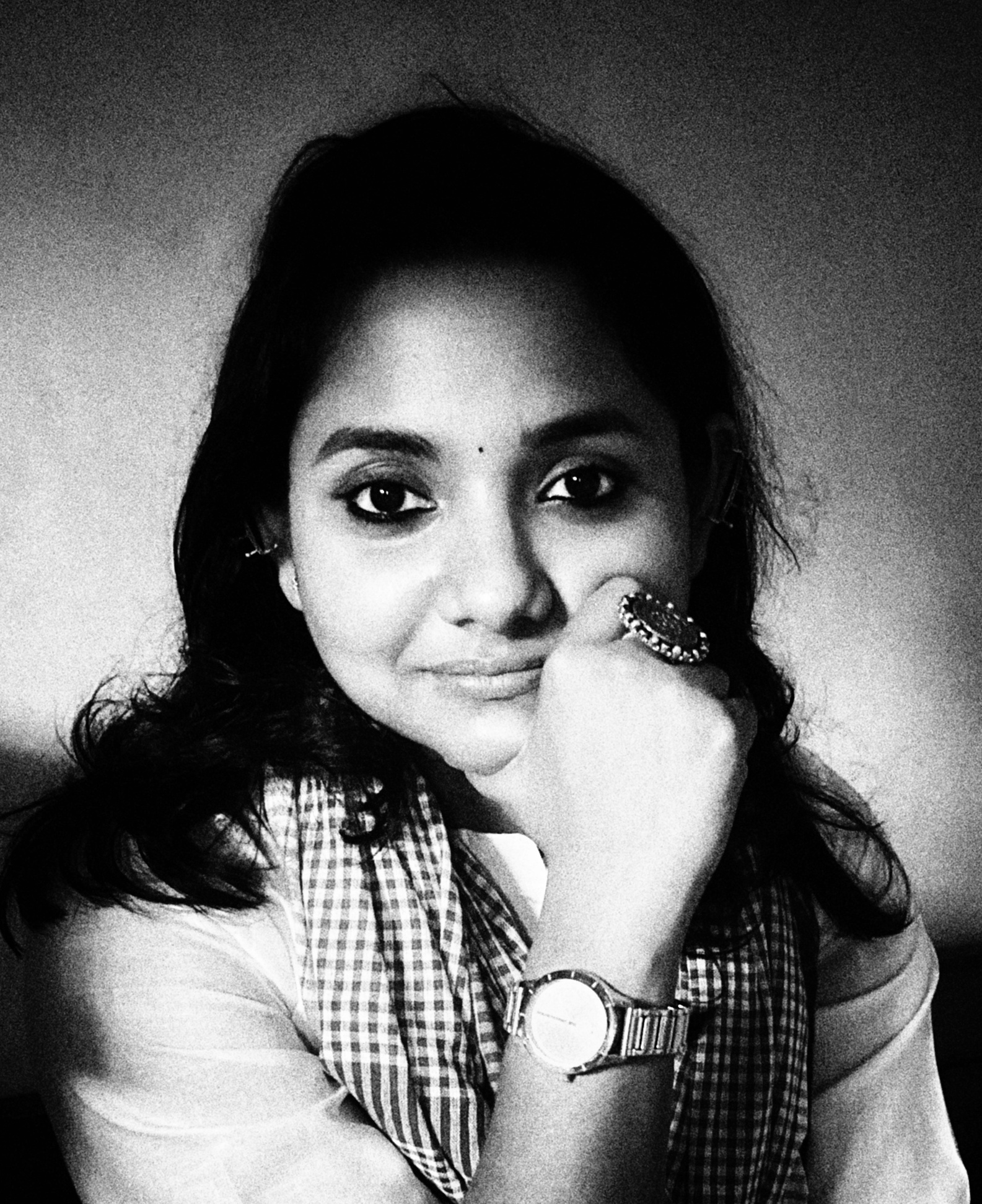 |
Abstract |
|
47. |
Tom Vickers, Associate Professor of Sociology at Nottingham Trent University, UK
Bionote:
Dr Tom Vickers is Associate Professor of Sociology at Nottingham Trent University, UK. He is the author of Borders, Migration and Class in an Age of Crisis (2019, Bristol University Press) and Refugees, Capitalism and the British State (2012, Routledge). The overall 'problem' that drives Tom's research is capitalism in its imperialist phase, and more specifically the way that capitalist exploitation is managed and resistance is foreclosed, diverted and contained. Over the last fifteen years Tom has used a focus on borders and racism to examine how exploitation, oppression and resistance operate across fields including employment, volunteering, social work and social care, and the media. This research is intimately connected to his participation in social movements, community organising and community education, as a form of critical public sociology. |
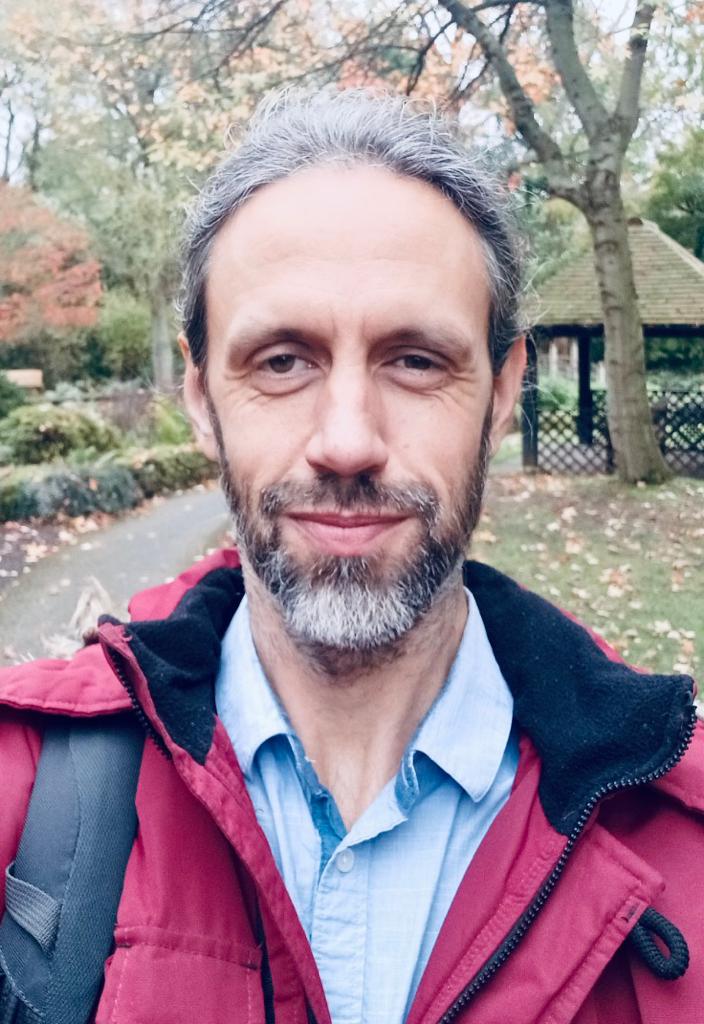 |
Evaluator |
